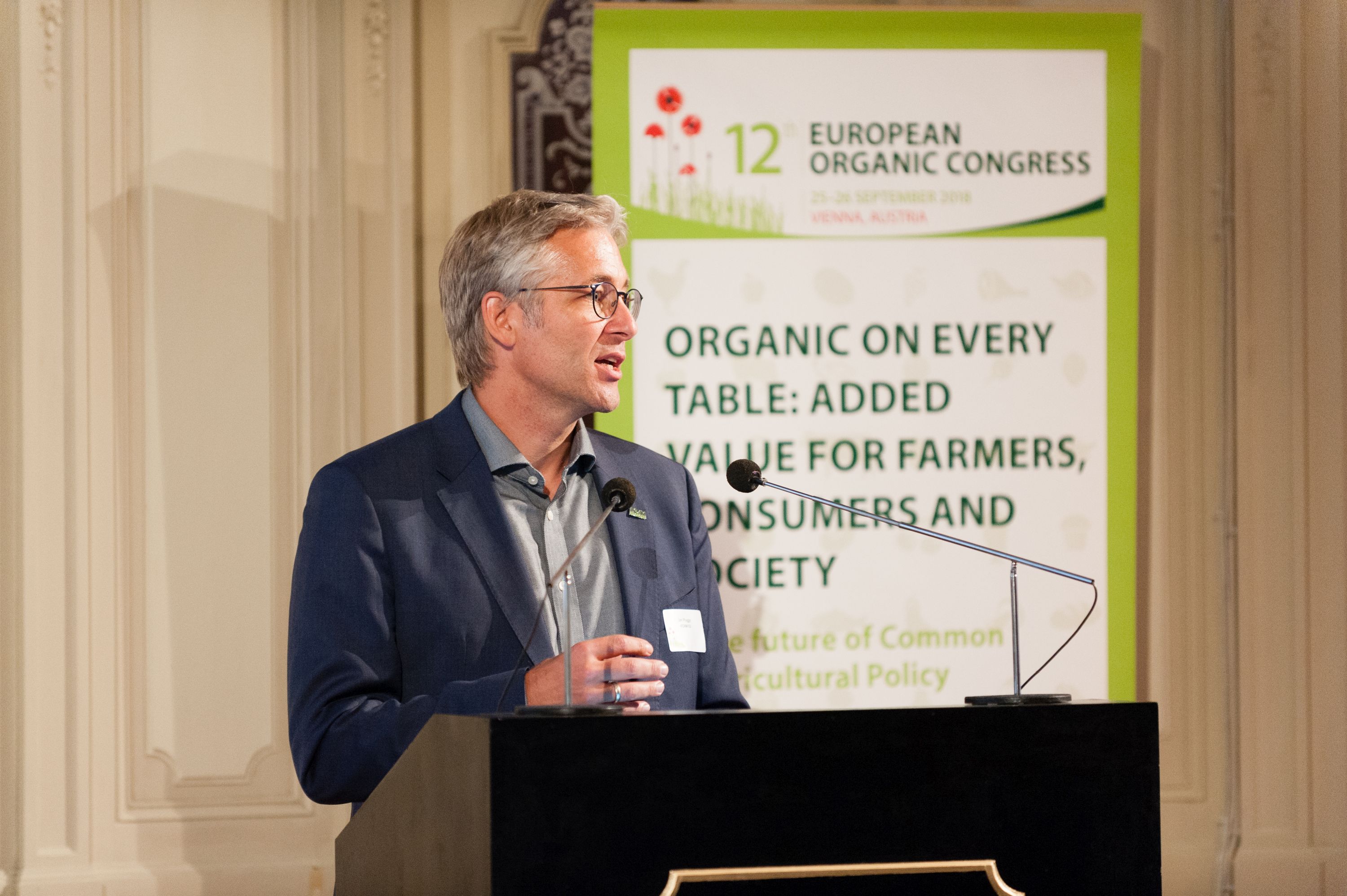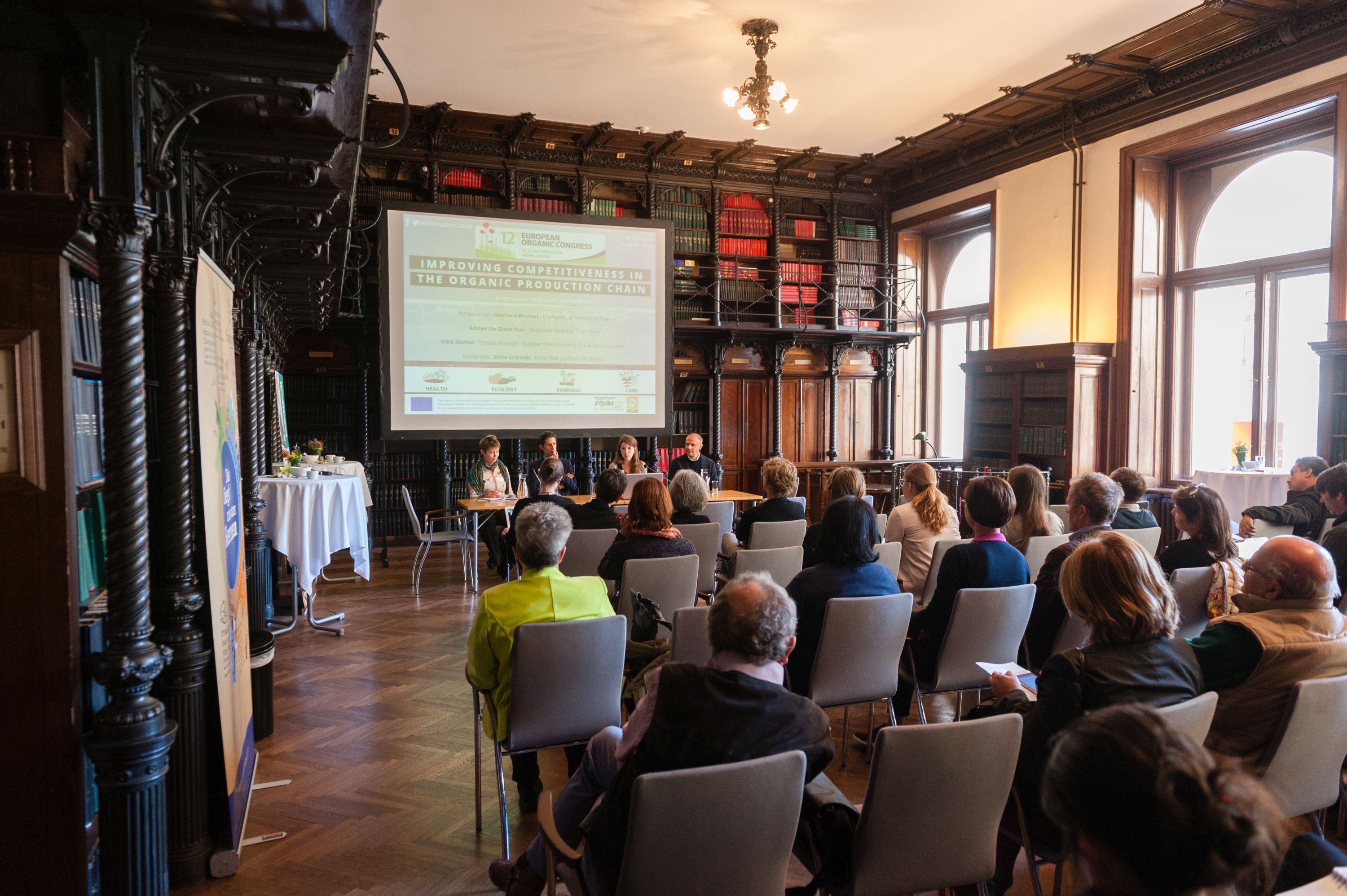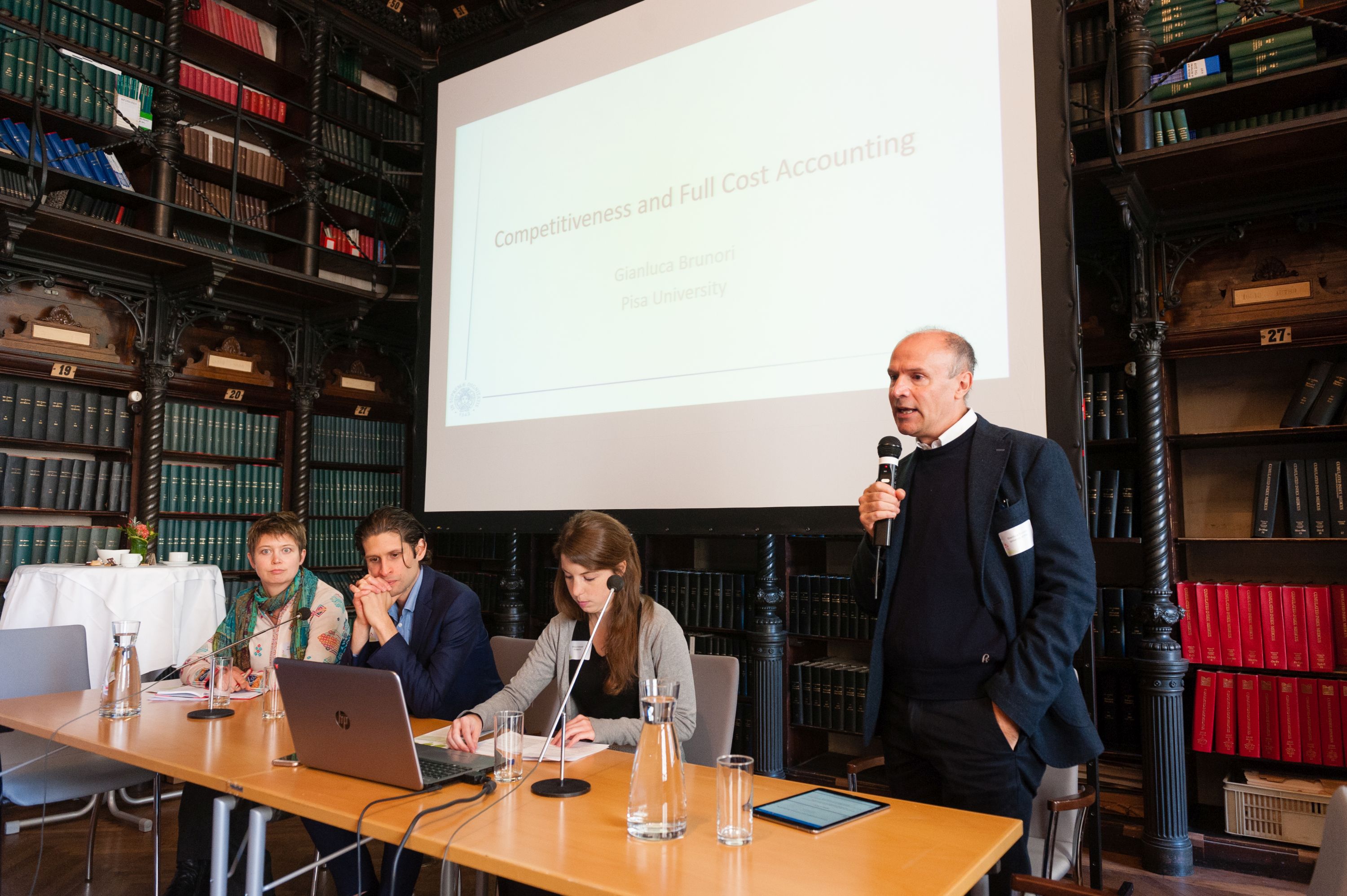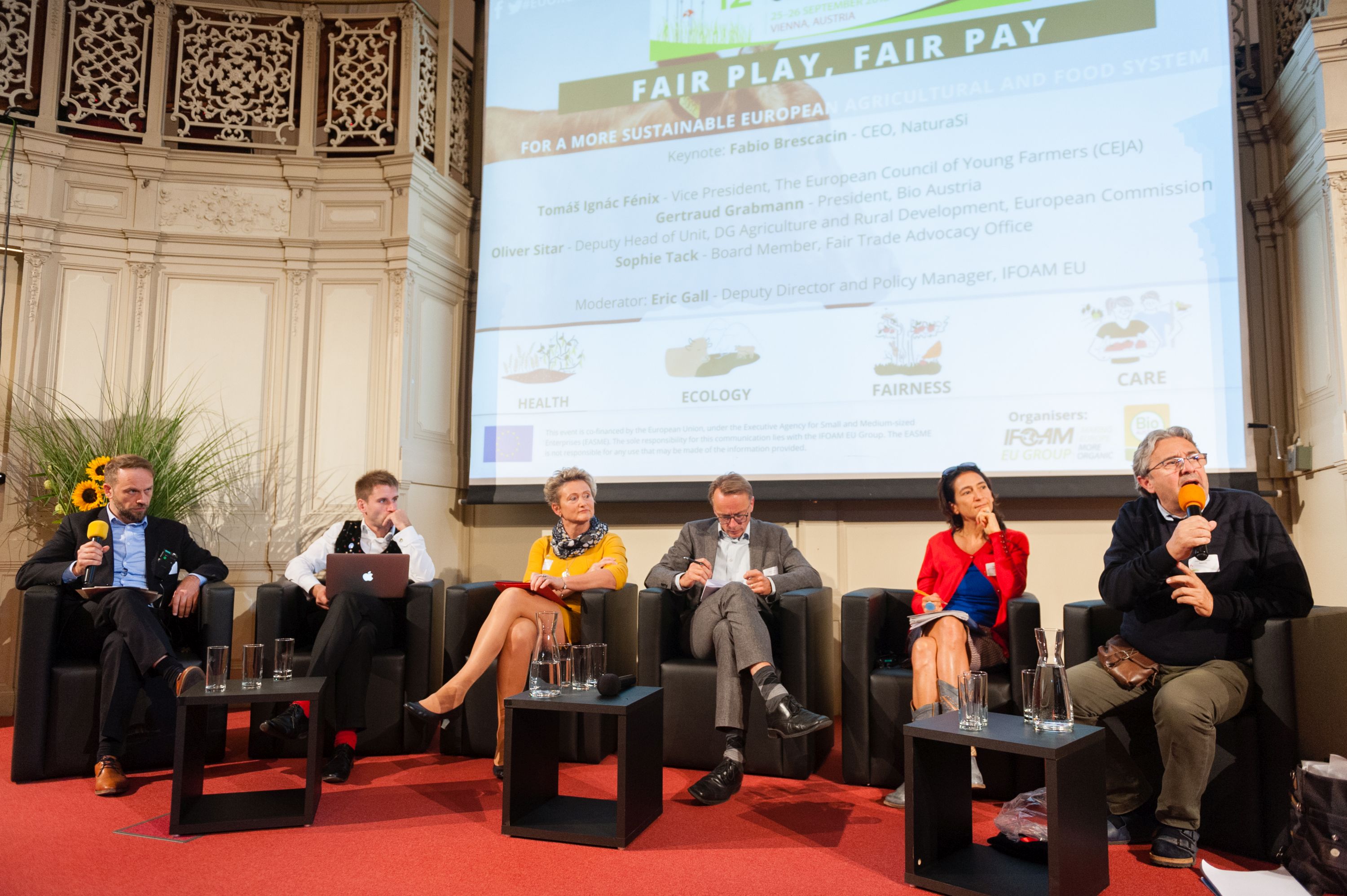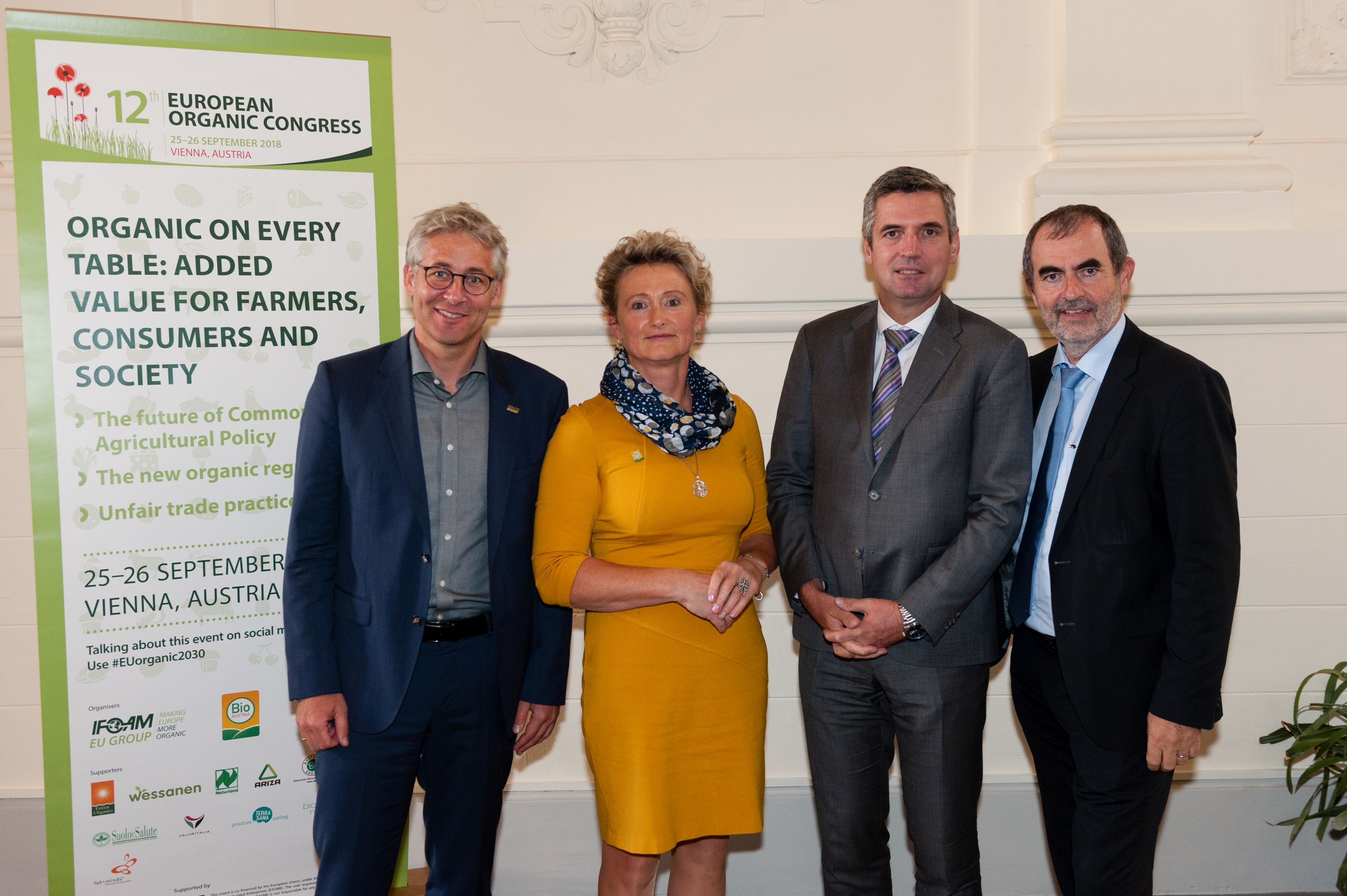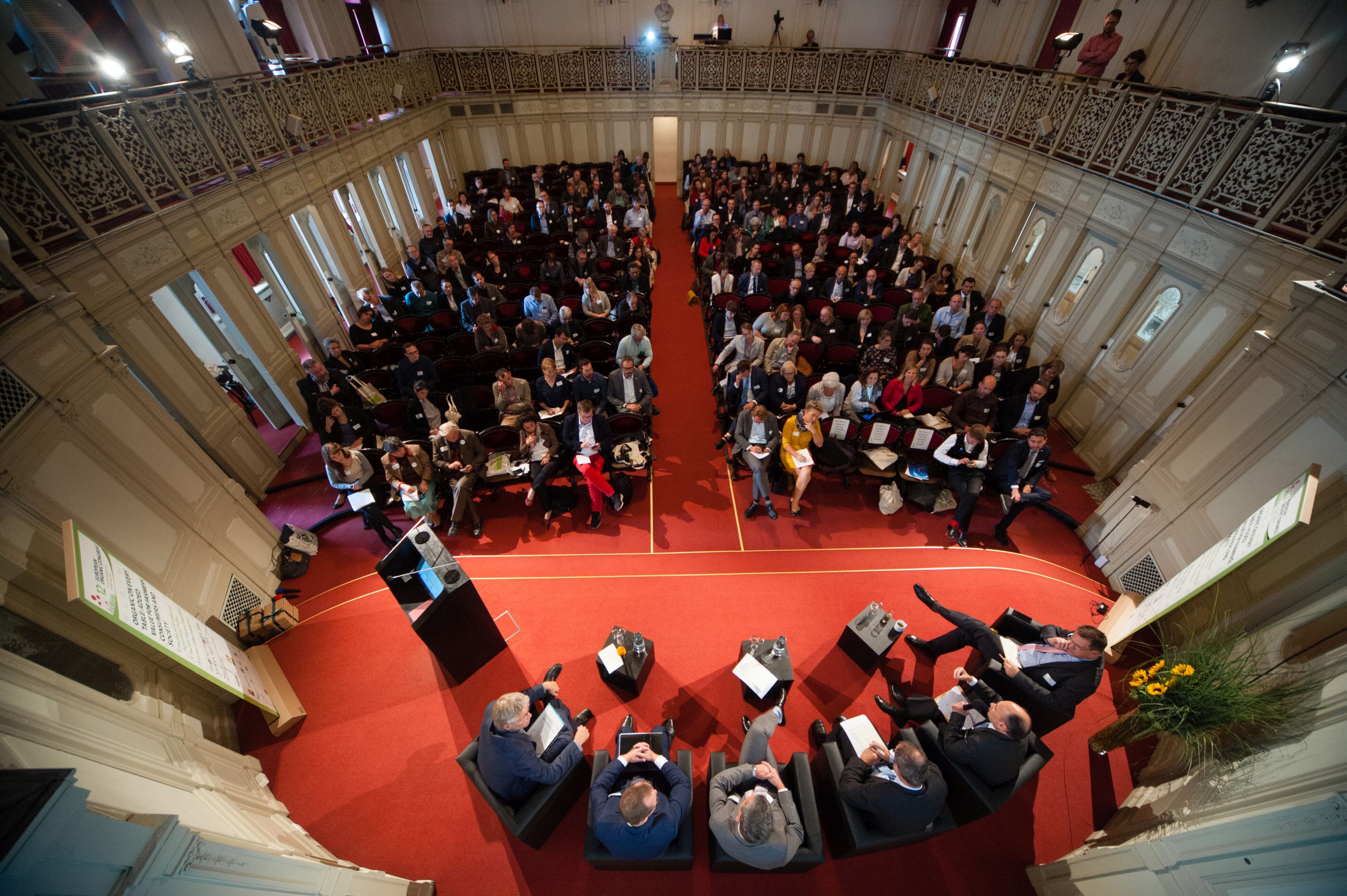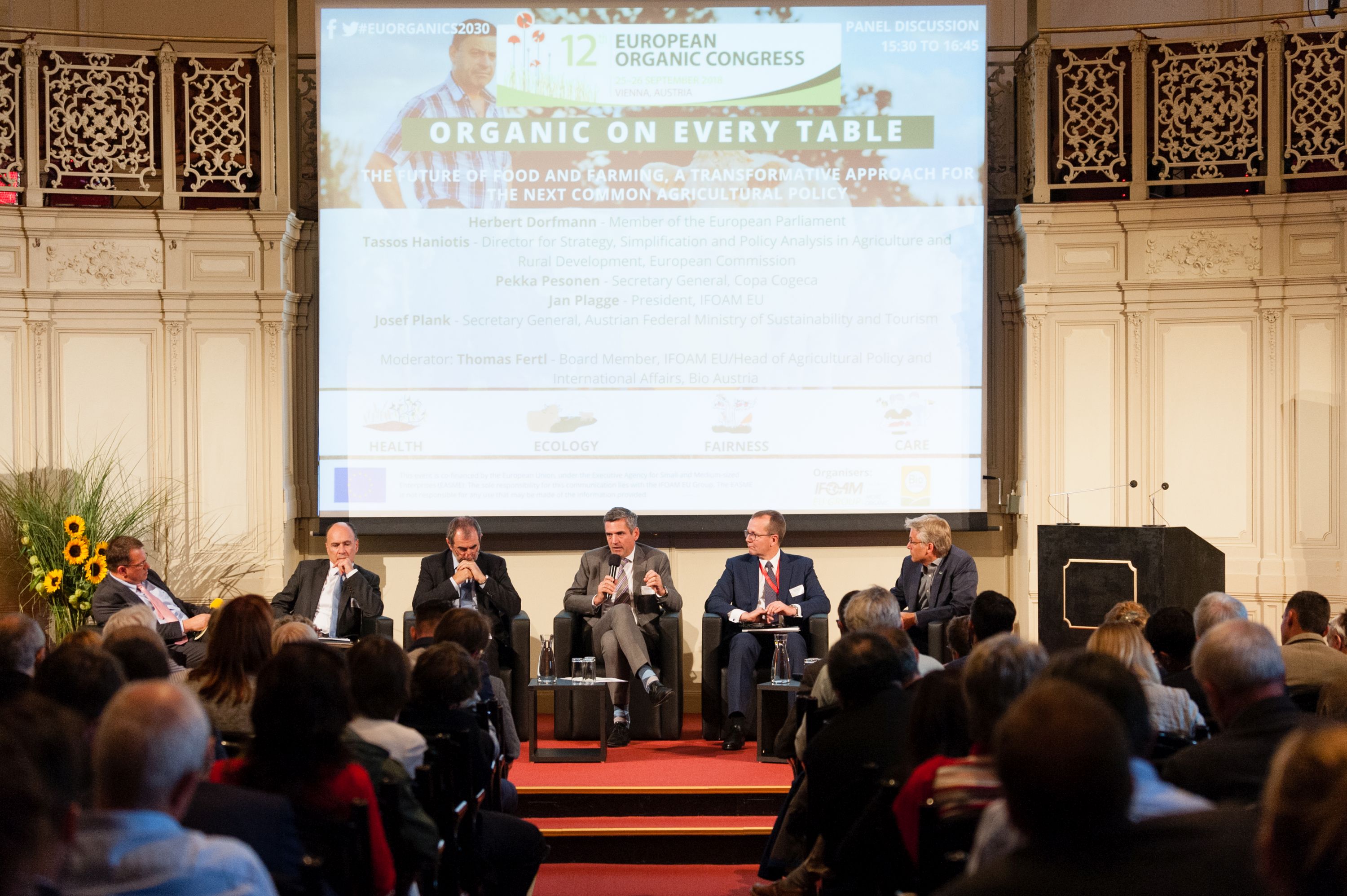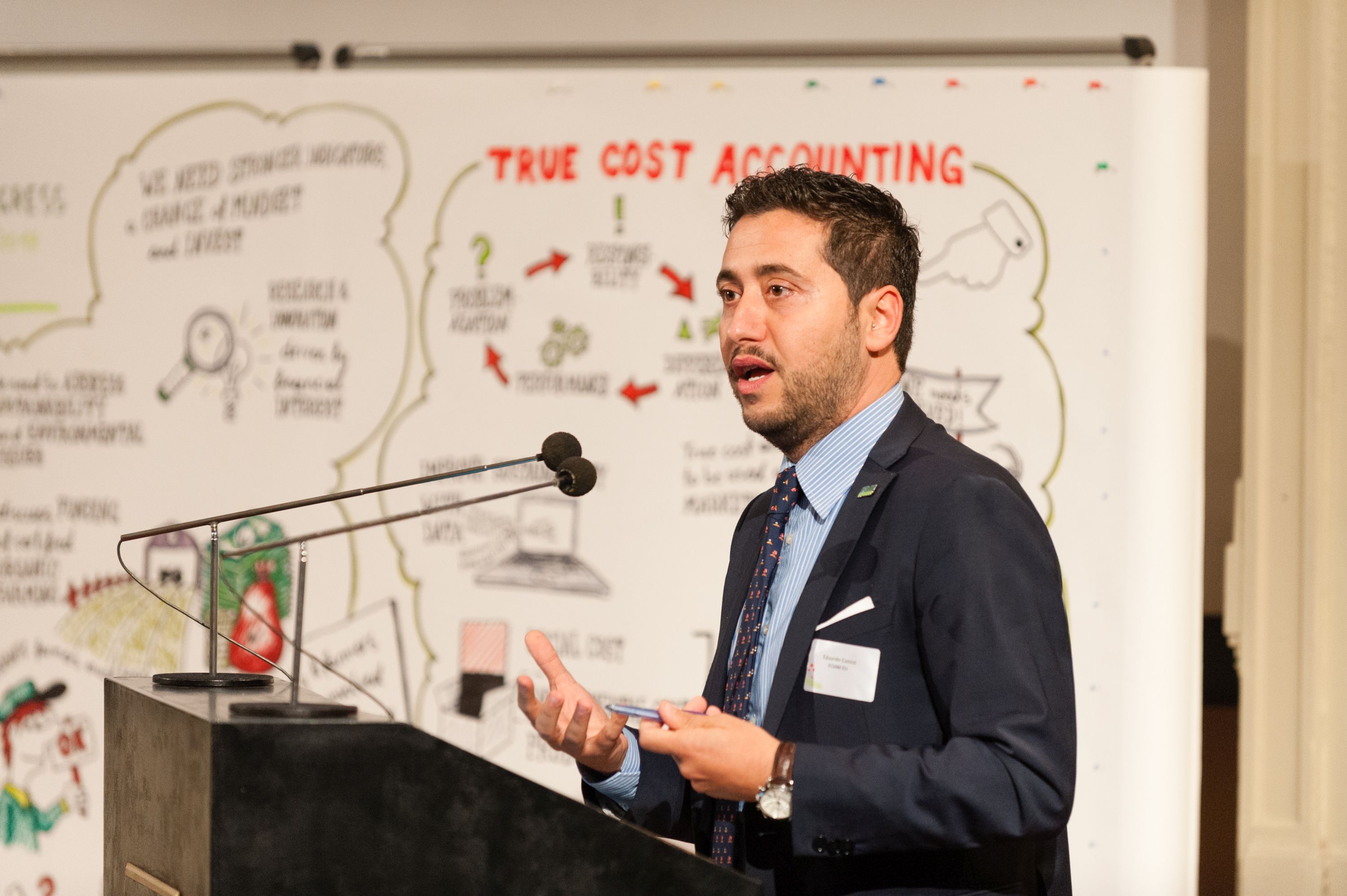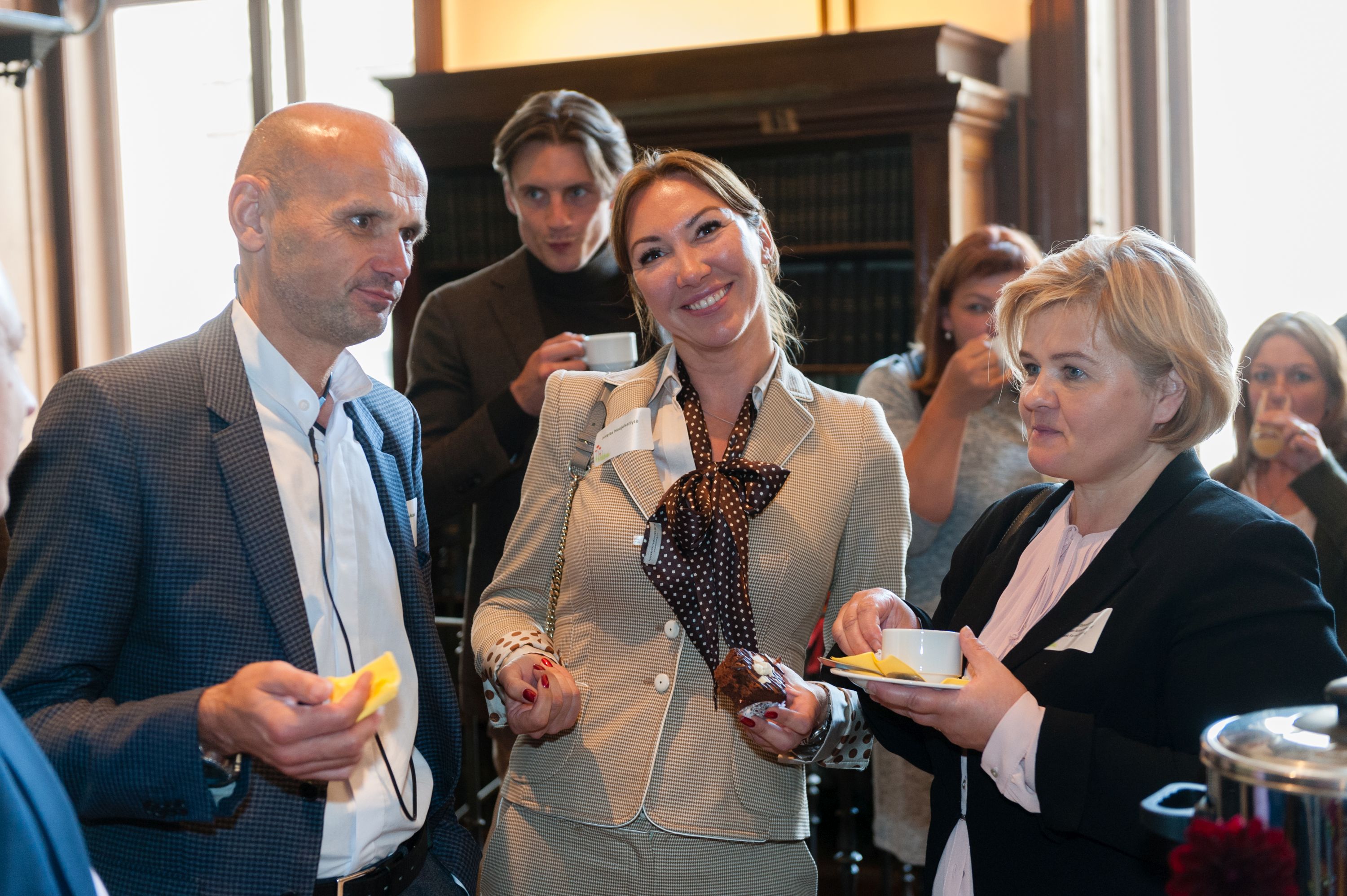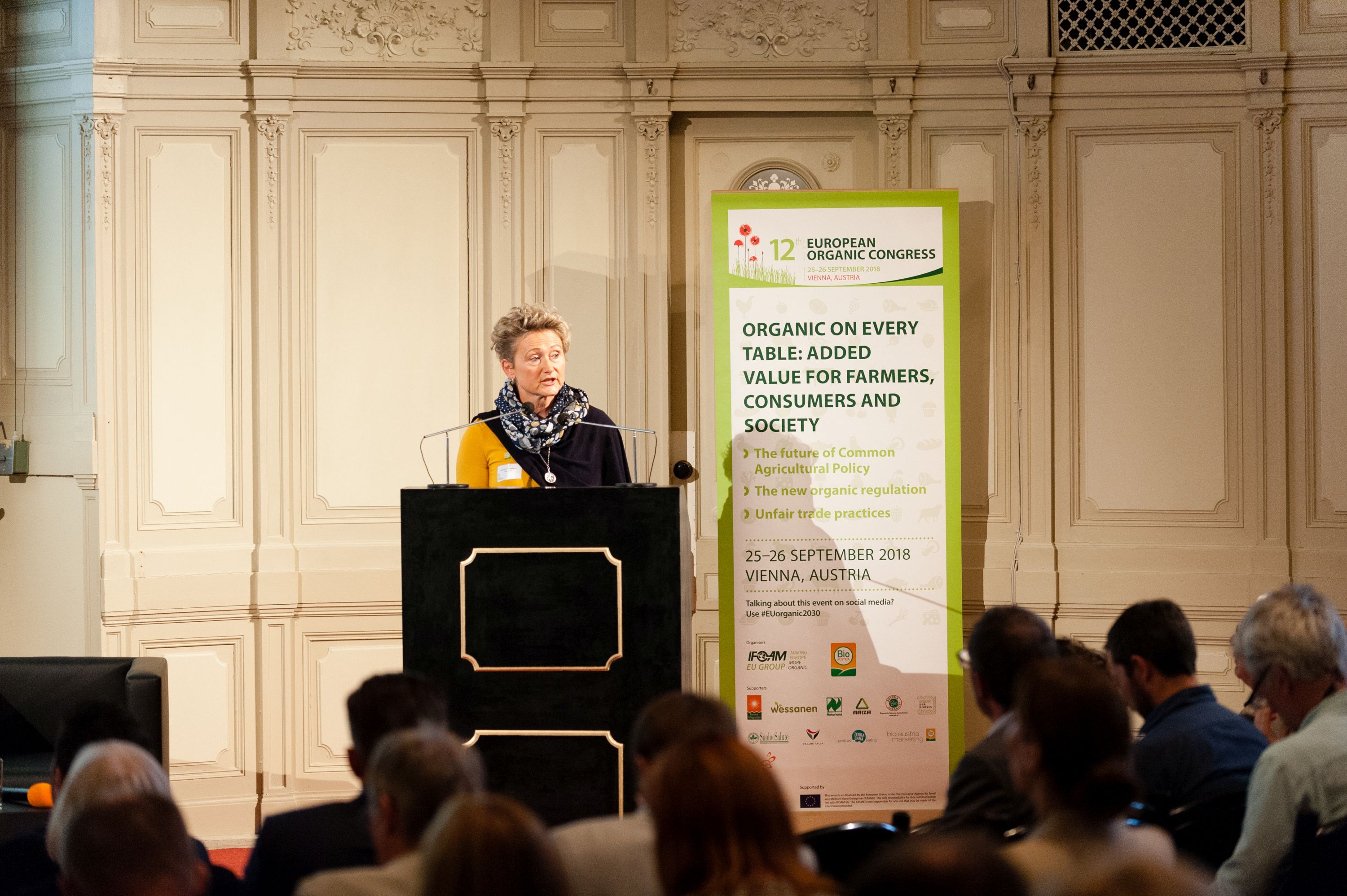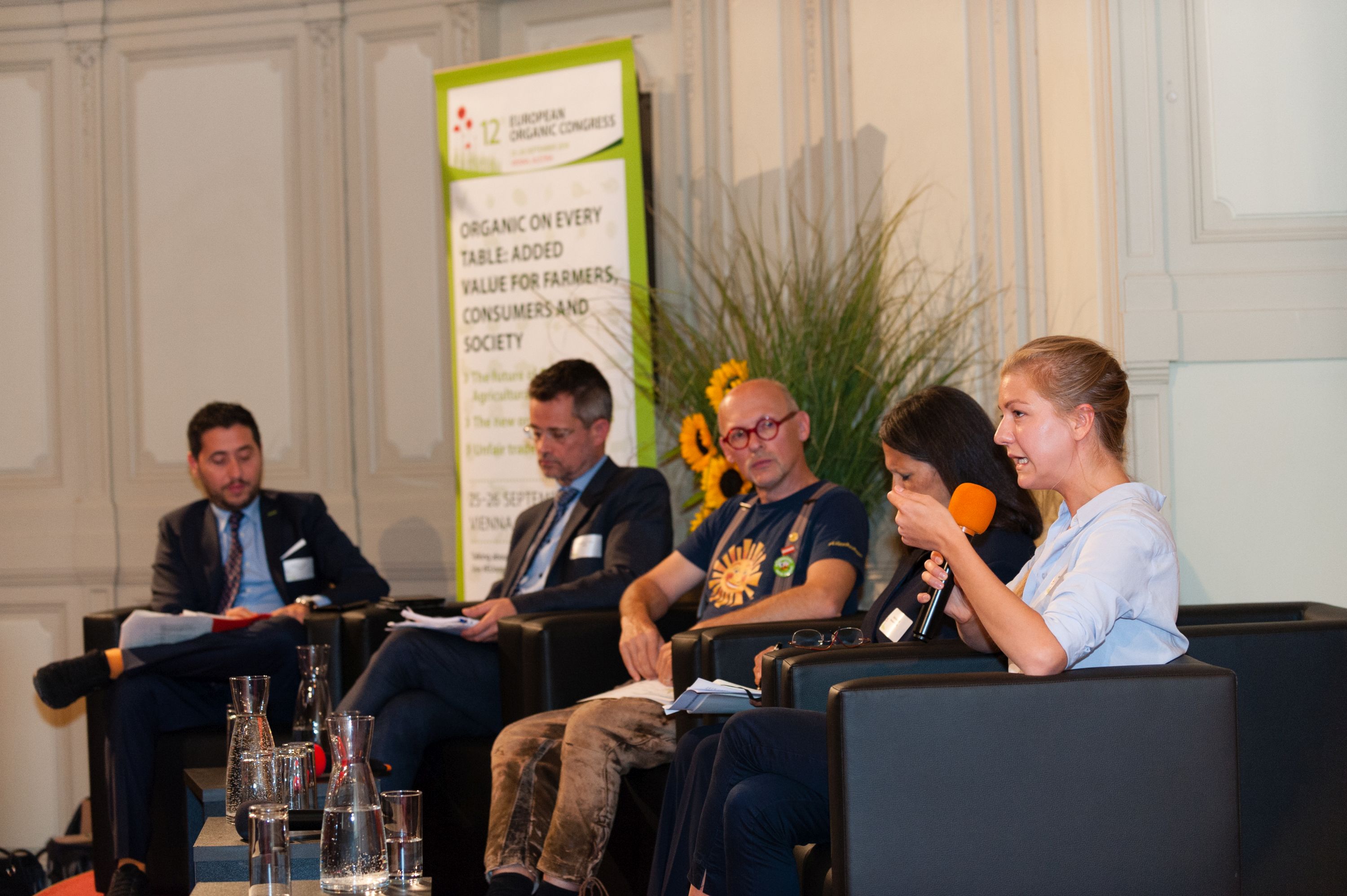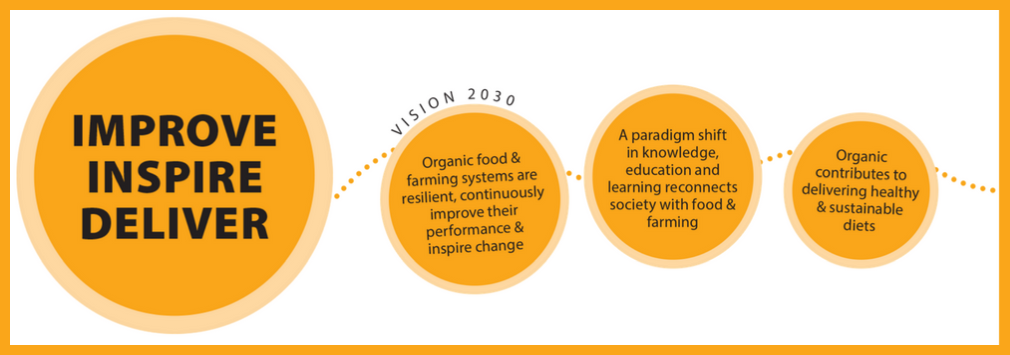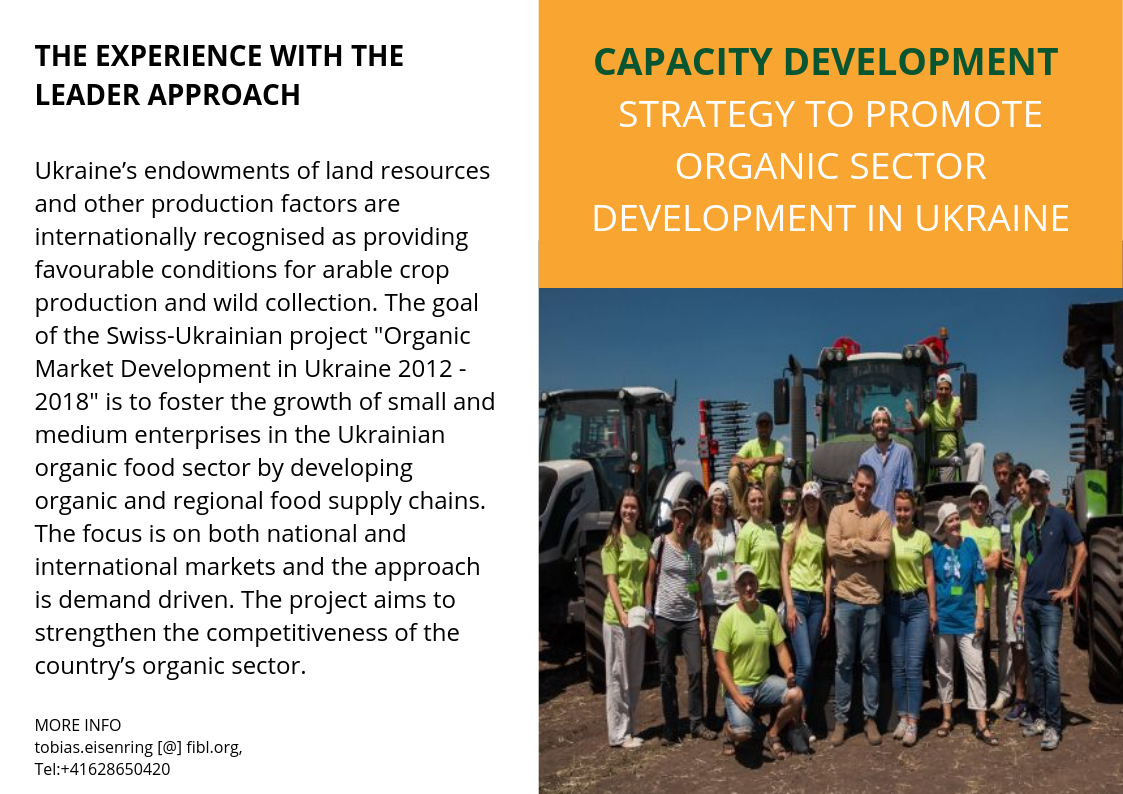Improve – Inspire – Deliver 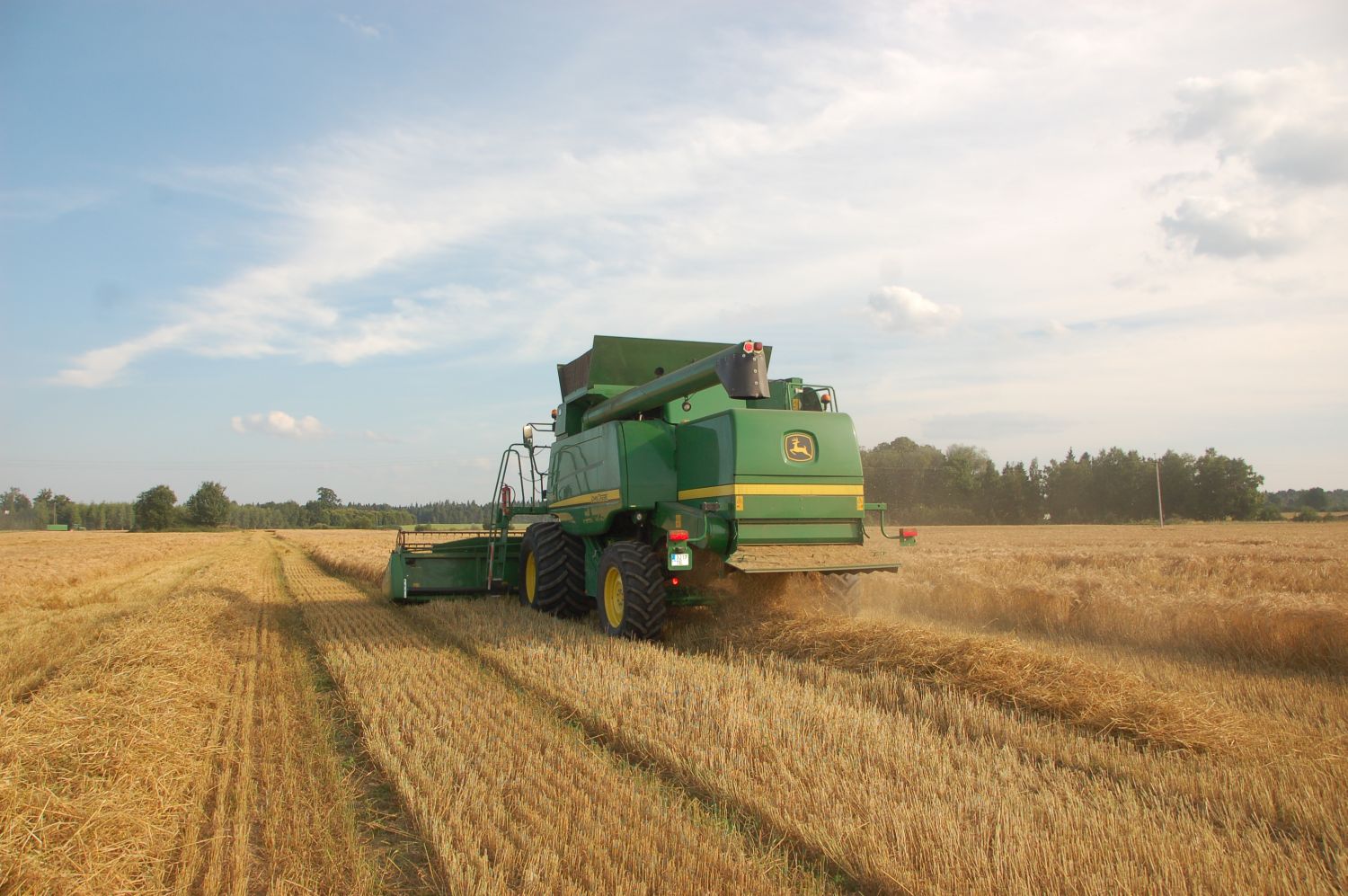
What do we want?
To achieve our vision of a fair, environmentally conscious, healthy and caring food and farming system by 2030. We led extensive discussions with all stakeholders of the agricultural value chain. A a roadmap to sustainable food systems in Europe guides us in making this vision a reality.
The second pillar of this roadmap is ‘Improve – Inspire – Deliver’. Organic has always been a force of ongoing improvement – keeping an eye on the entire production system. This makes the organic movement a driver for transformation in harmony and ideal result for people, animals and the planet.
To continue advancing food and farming system, all actors need to continue reducing the use of resources. This should happen at all levels while increasing productivity by using organic’s innovative techniques. Think about recycling and reusing inputs, improving animal health and welfare, avoiding waste and promoting the consumption of plant proteins and fewer, better animal products. To achieve this, all actors in food and farming must get involved in research and innovation projects and share their knowledge across value chain actors all over Europe. At the same time, policy-makers need to ensure an appropriate framework for organic food and farming, including more funding for organic research and innovation. Get inspired about how you can make Europe more organic by visiting EUorganic2030 and exploring the various initiatives to improve, inspire and deliver.
What did we do?
Showing that organic is an ally in the fight against the climate crisis
Together with the Institut du Dévelopment Durable et des Rélations Internationales (IDDRI) we conducted a detailed evaluation of their “Ten Years for Agroecology” scenario. The report “Organic agriculture can feed Europe and contribute to climate mitigation while offering broader environmental benefits” concludes that a European food system that is fully organic reduces agriculture’s direct greenhouse gas emissions with 26% compared to 2010. Taking into account both direct and indirect emissions would lead to 36% less greenhouse gases. We also funded a study by the Institute for European Environmental Policy (IEPP) “CAP 2021-27: Using the eco-scheme to maximise environmental and climate benefits”.
A European food system that is fully organic reduces agriculture’s direct greenhouse gas emissions with 26% compared to 2010.
Together with IFOAM – Organics International we advocated on how agroecology and organic contribute to reducing emissions in the EU and globally during the 24th Conference of the Parties (COP) 24 of the United Nations Framework Convention on Climate Change (UNFCCC). At the COP the organic movement participated in the work of the Farmers Constituency, representing the interest of organic farmers and organised a side-event titled “Speed Up the Cool Down: Scaling Up Regenerative Solutions to Climate Change”. We also participated in workshops at other events like “Achieving net-zero emissions in the agriculture sector” at the European Climate Foundation.
Moreover, we coordinated the Strategies for Organic and Low-Input Farming to Mitigate and Adapt to Climate Change (SOLMACC) project. During the last year of the project the farmers concluded that agriculture can tackle climate change, reduce greenhouse gas emissions and remain economically viable. The project’s findings were conveyed to European and national policy-makers, representatives of the organic movement and organic farmers at the final conference.
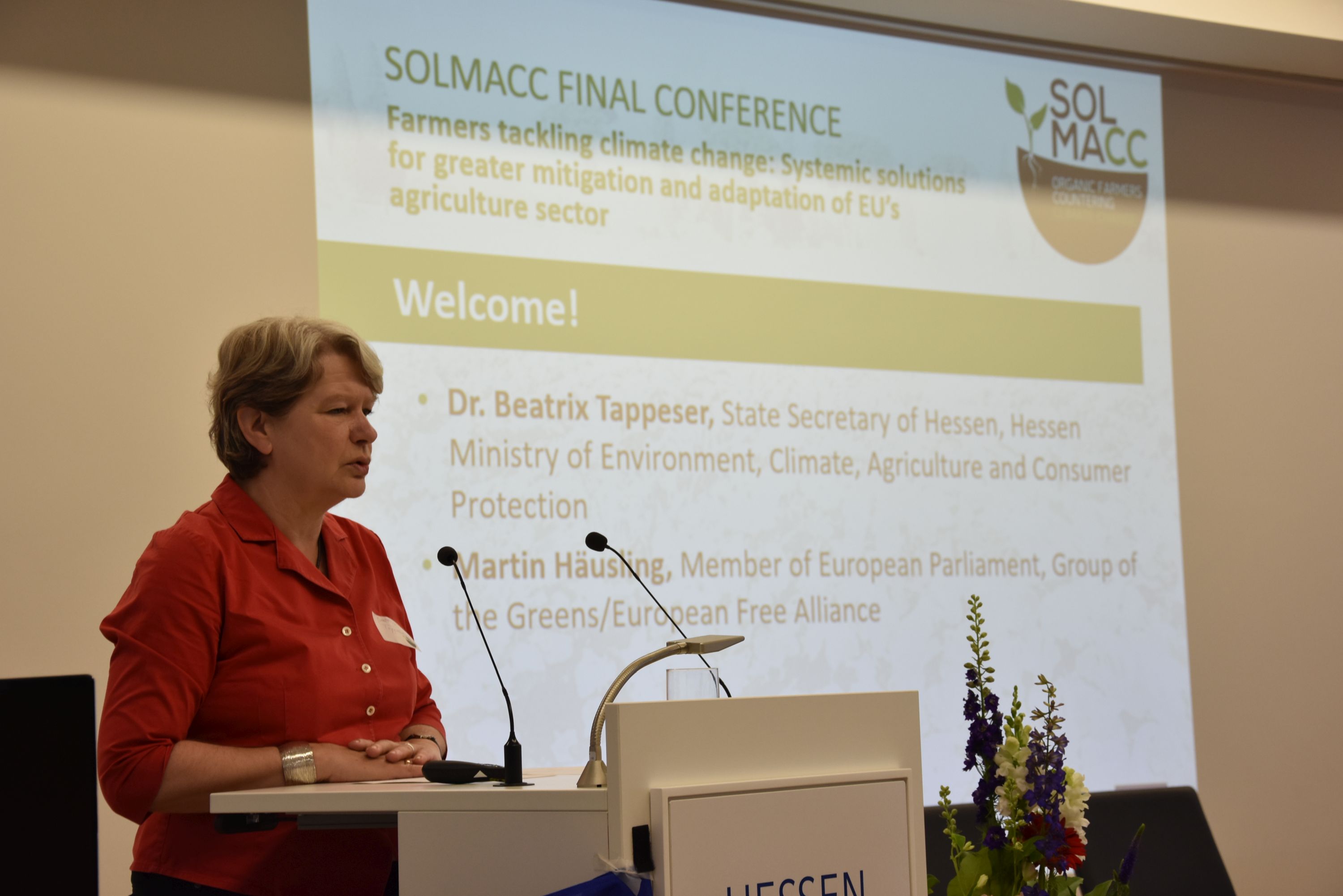
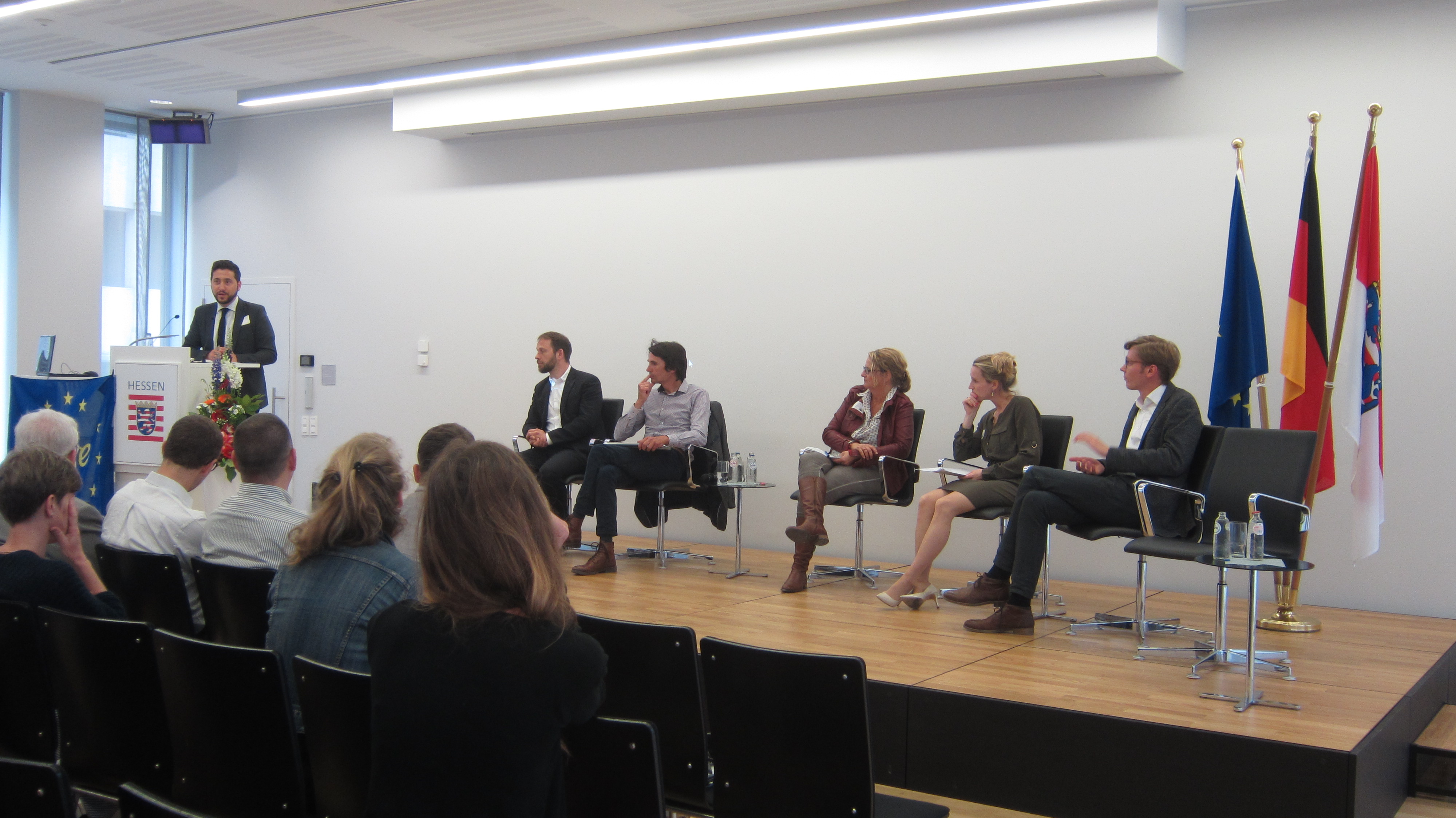
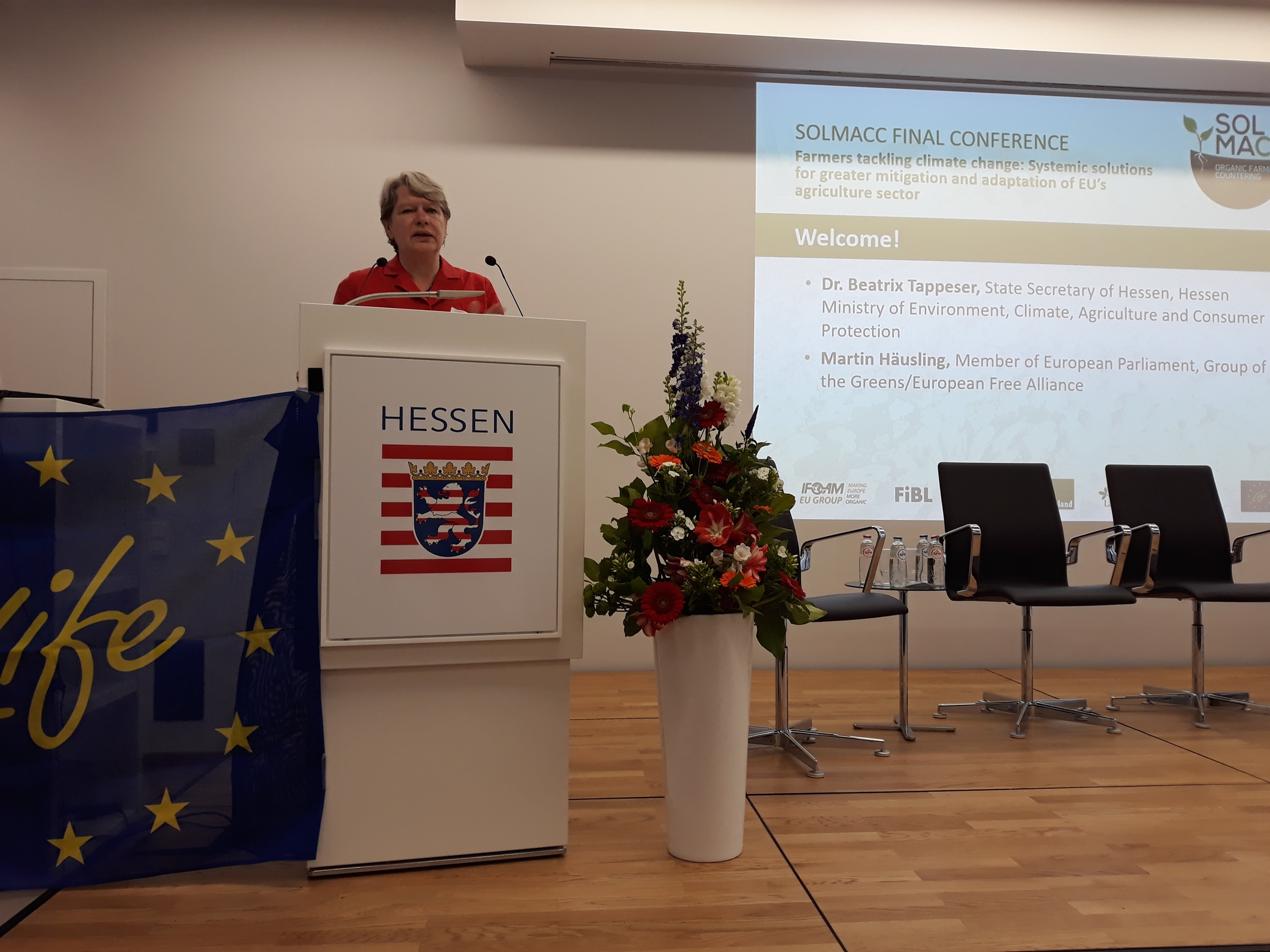
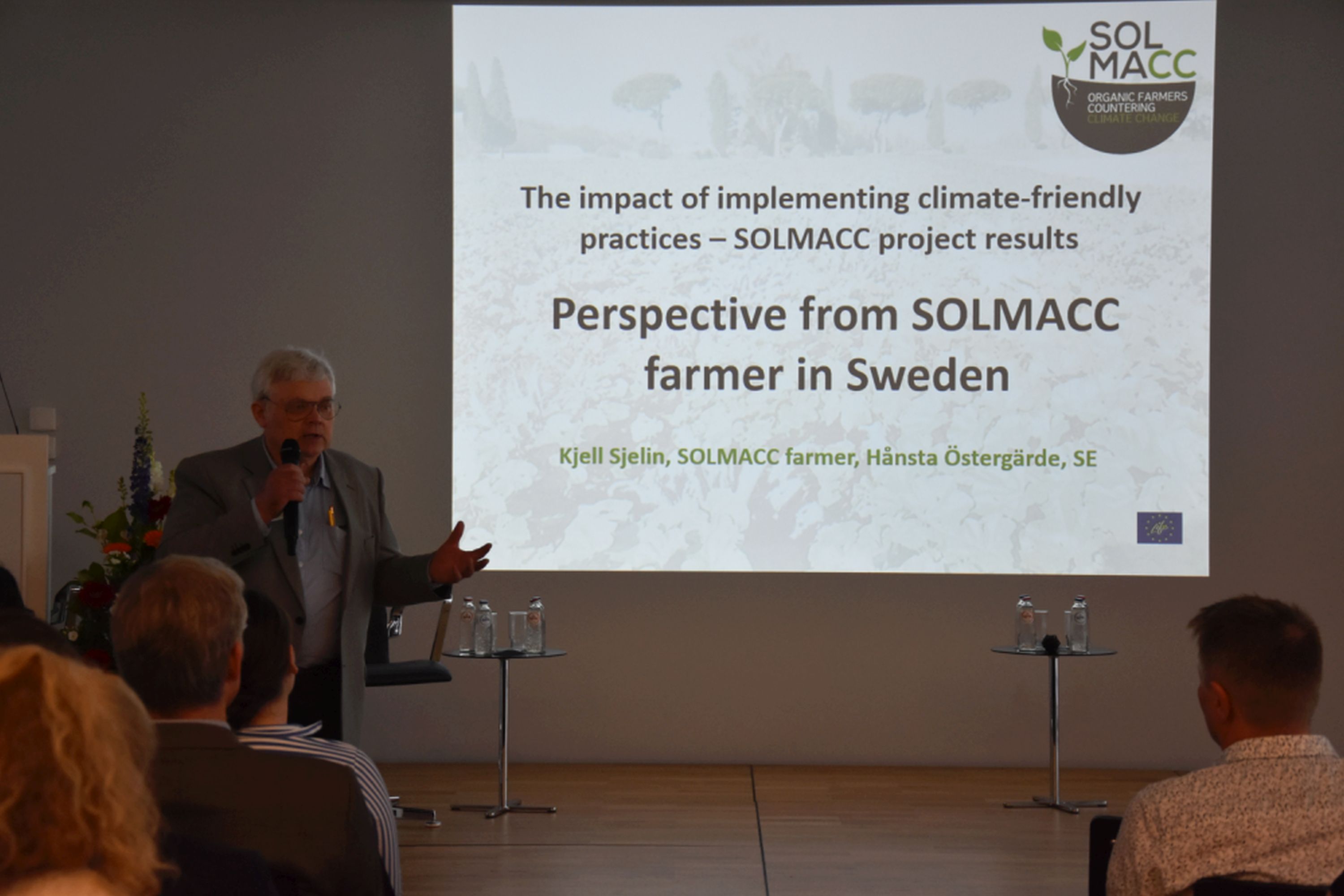
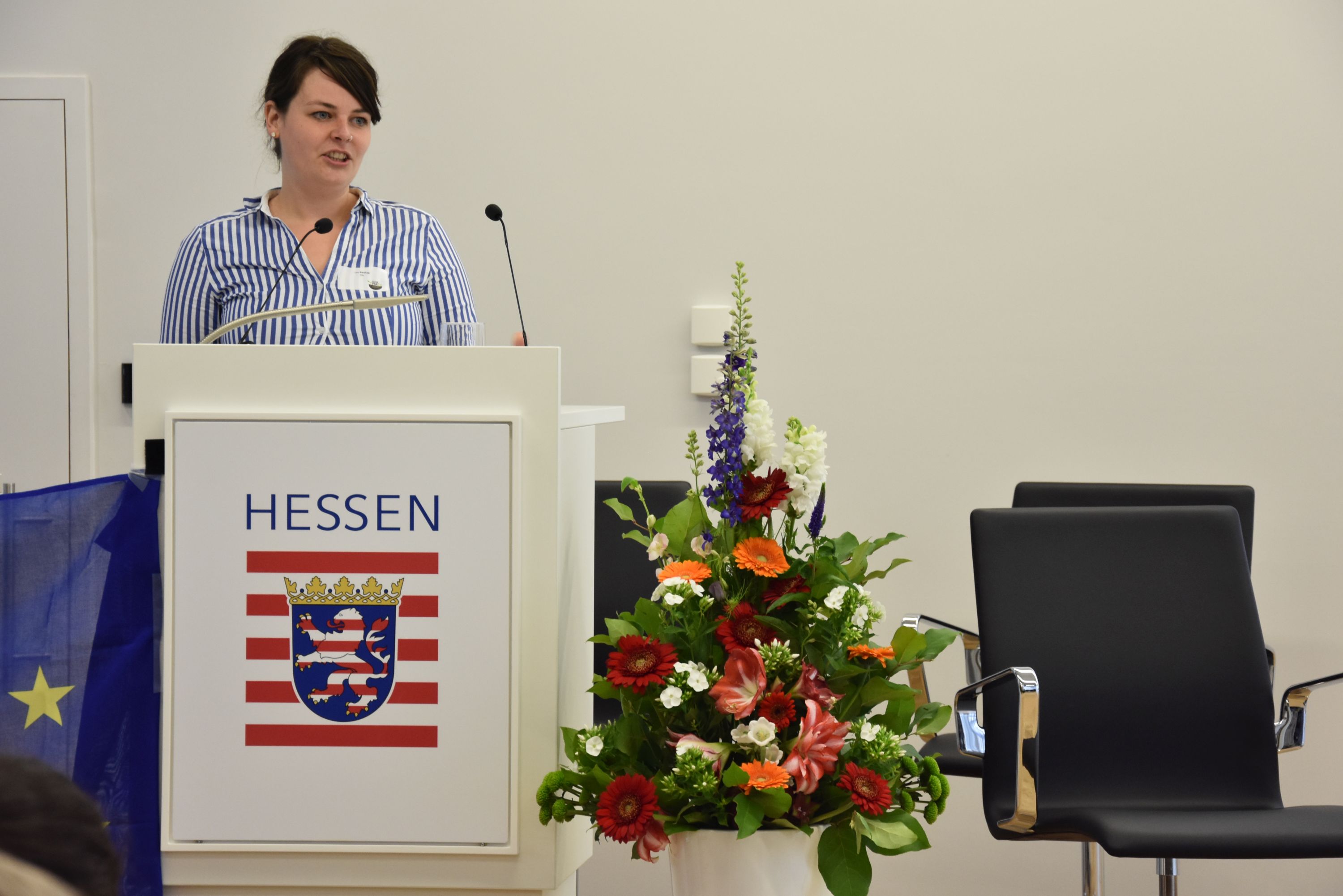
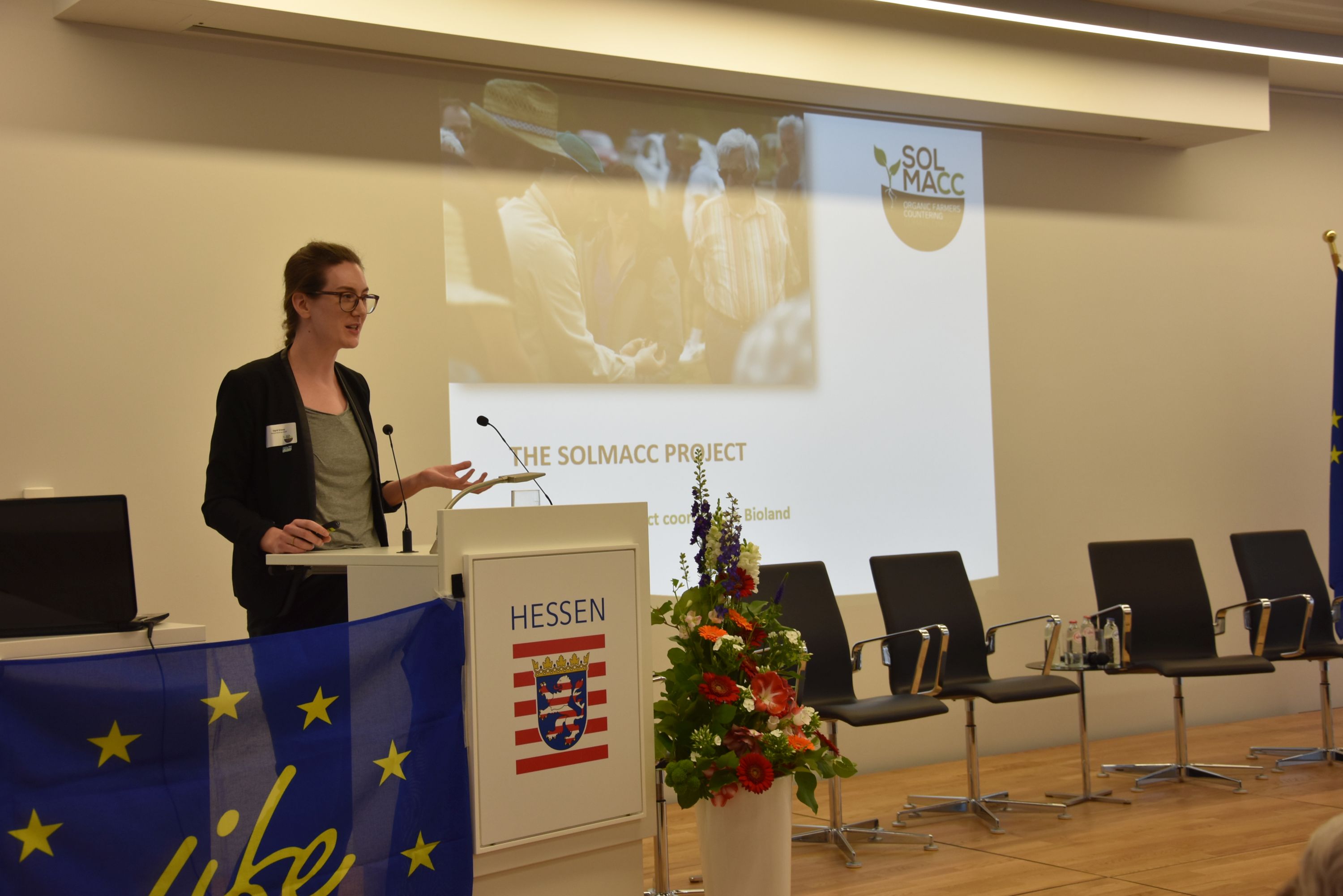
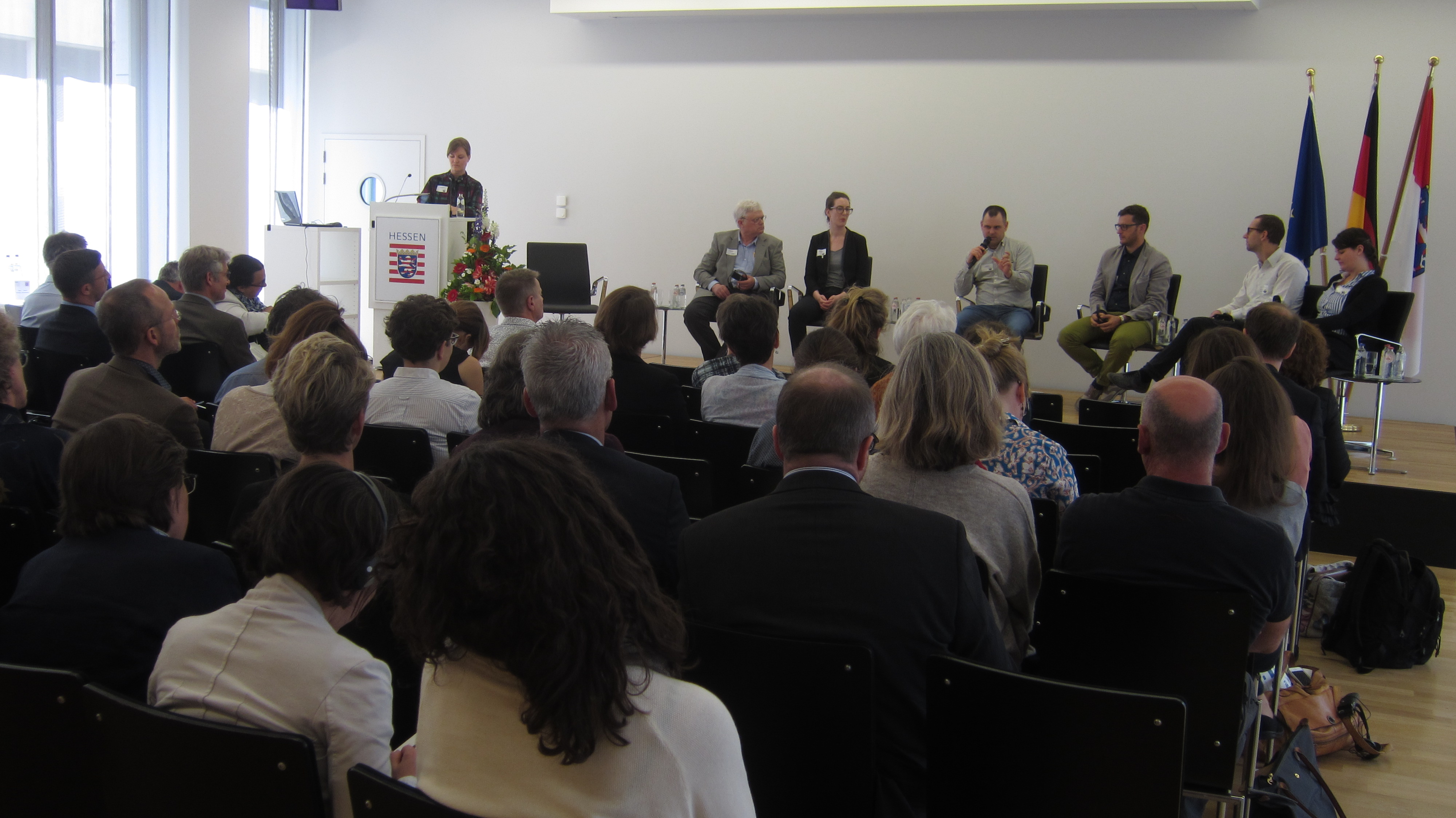
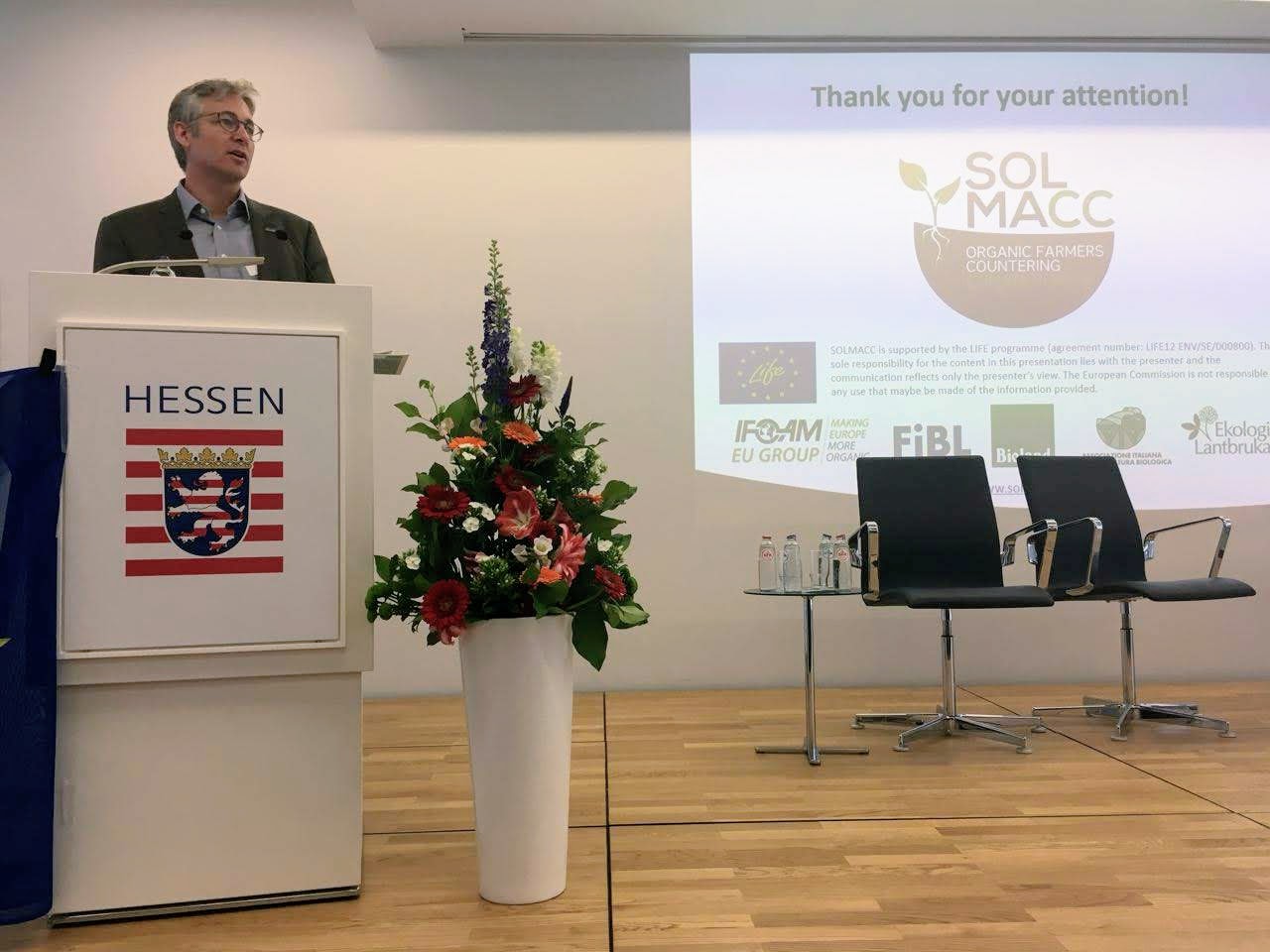
Improving funding for organic research
Through our work with TP Organics, the European Technology Platform for organic food and farming, we substantially contributed to increasing EU funding for organic research. The collaboration of the platform unites almost 100 companies, farmers, consumers, civil society organisations and researchers active in the organic value chain from production, input & supply, to food processing, marketing and consumption in Europe. In 2018, TP Organics focused its activities on Horizon Europe, the EU research and innovation programme for the budget period 2021-2027. TP Organics demanded that research funded through Horizon Europe benefit EU citizens and the environment and address the needs of the organic sector.
We participated in TP Organics’ successful 4th Organic Innovation Days at which innovations in the organic sector were presented. The most innovative initiative, the start-up ‘Polyfly’ that commercialises hoverflies as alternative, effective and natural pollinators received an award.
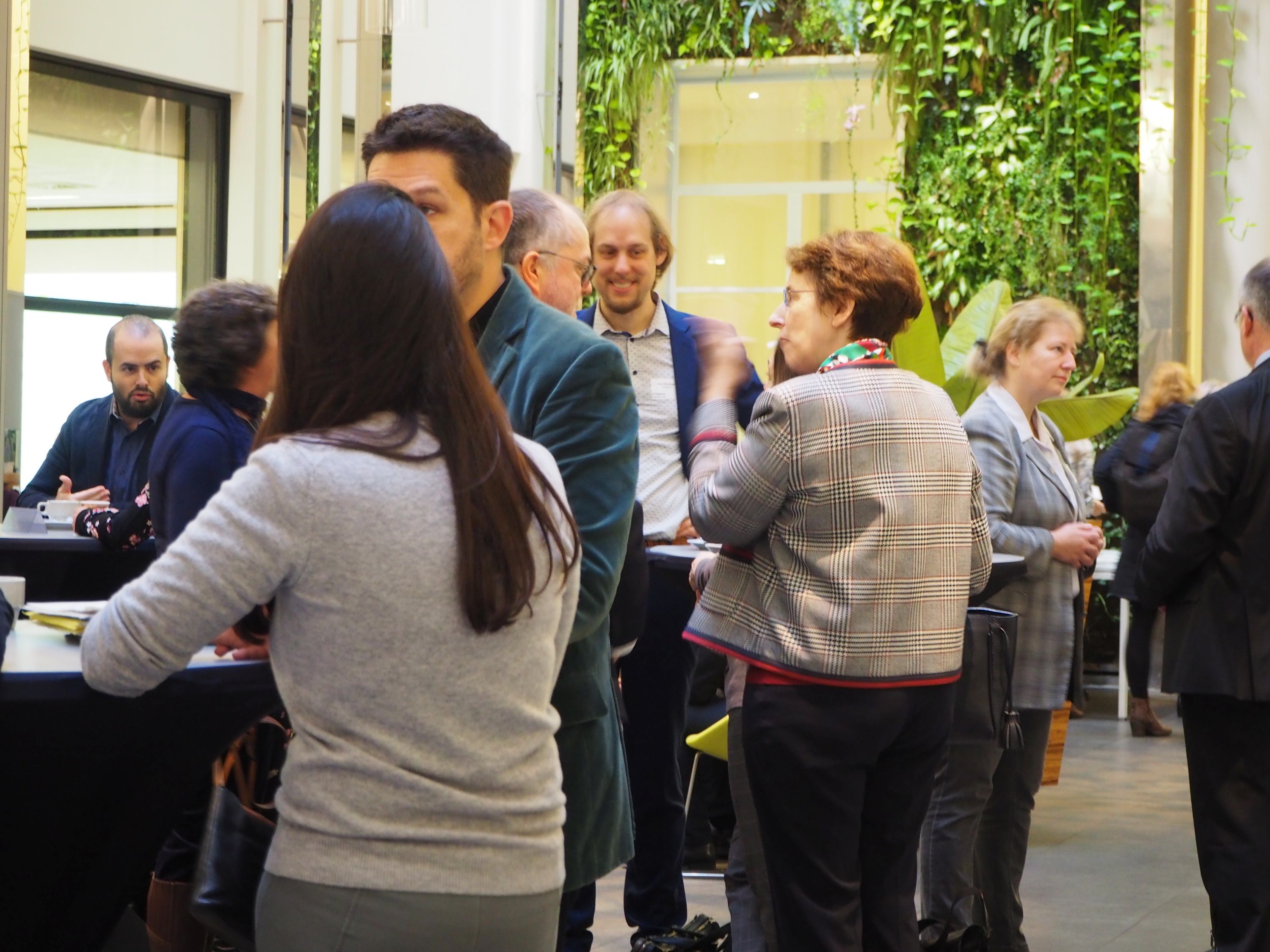
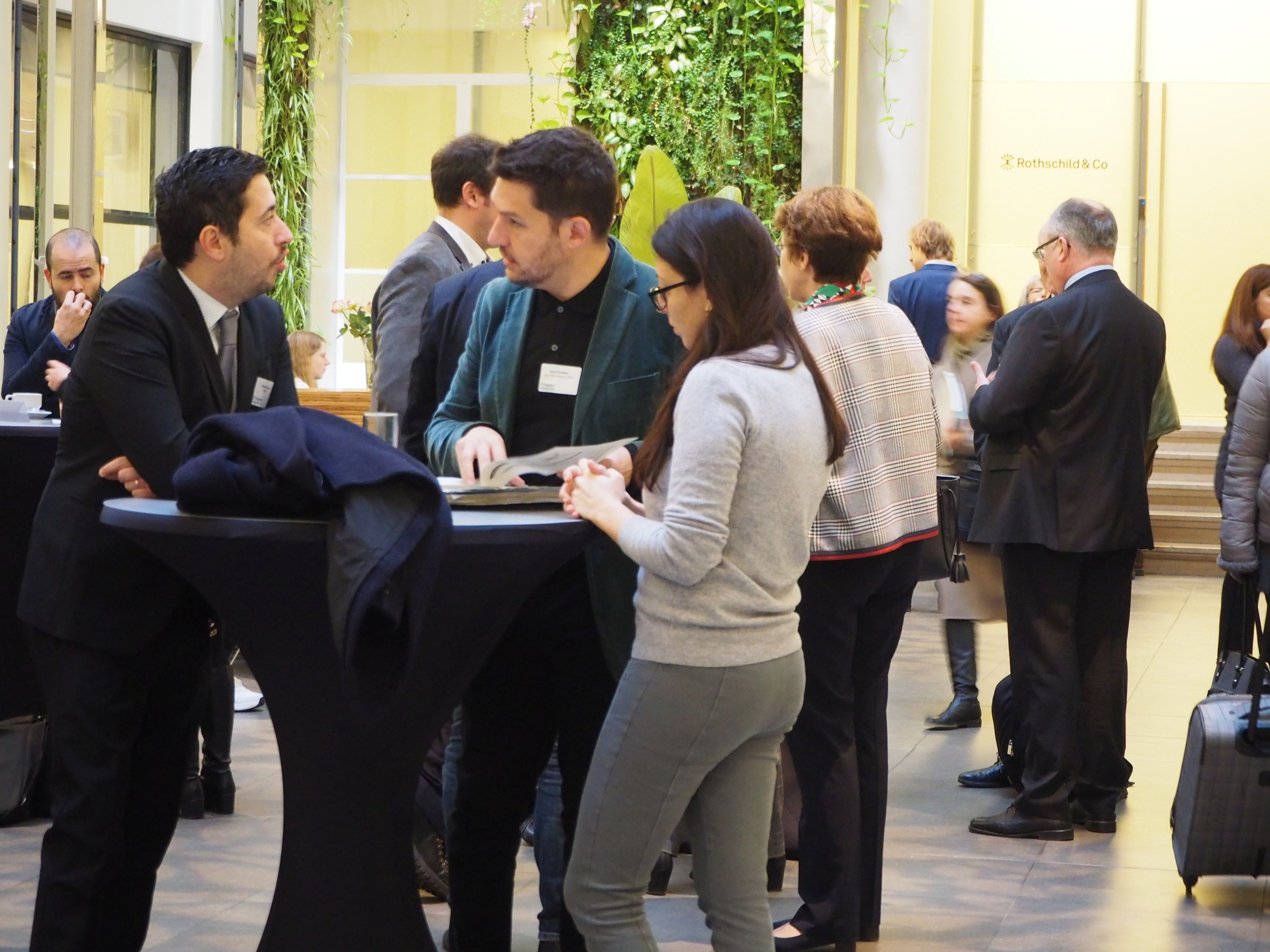
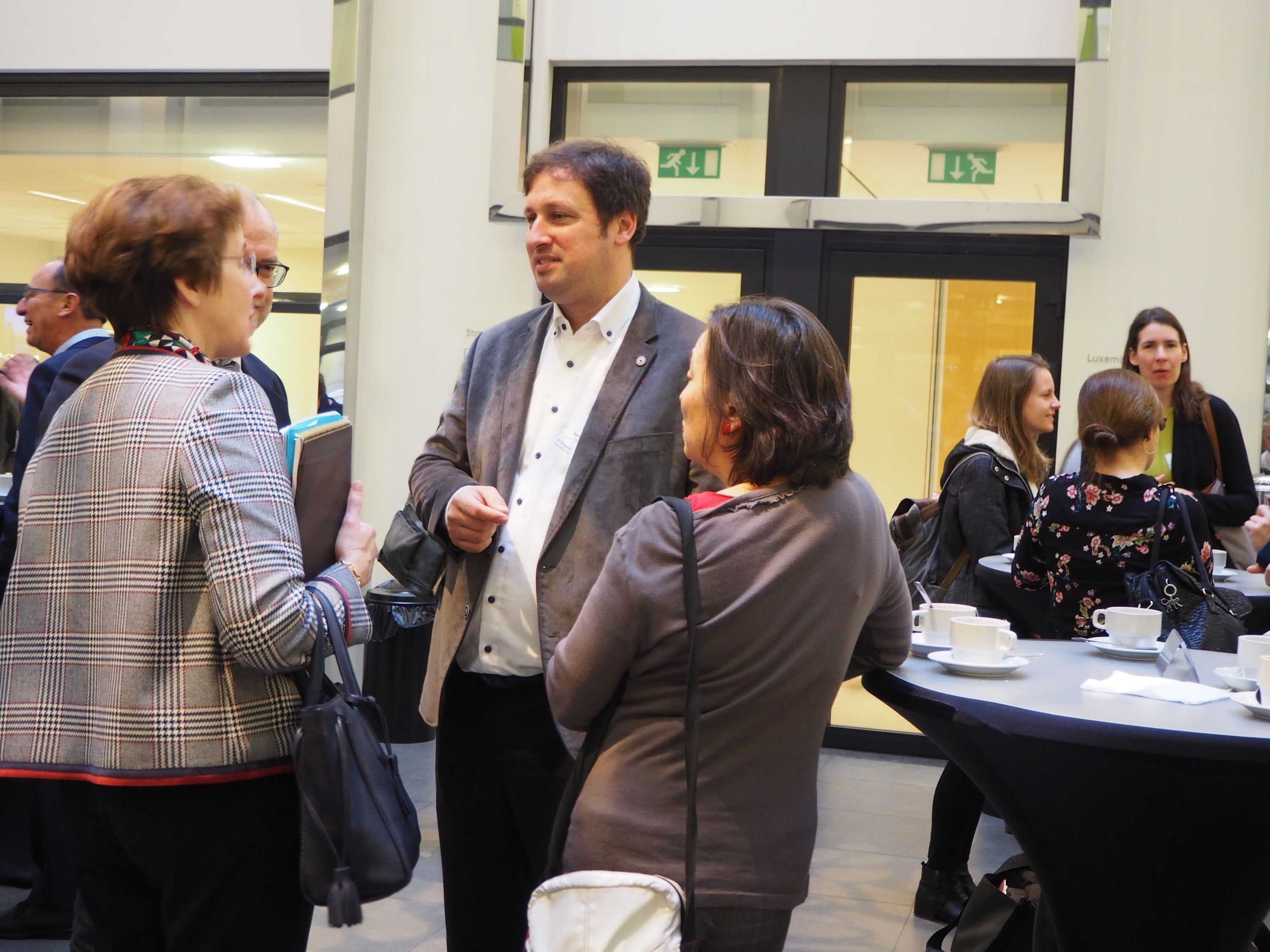
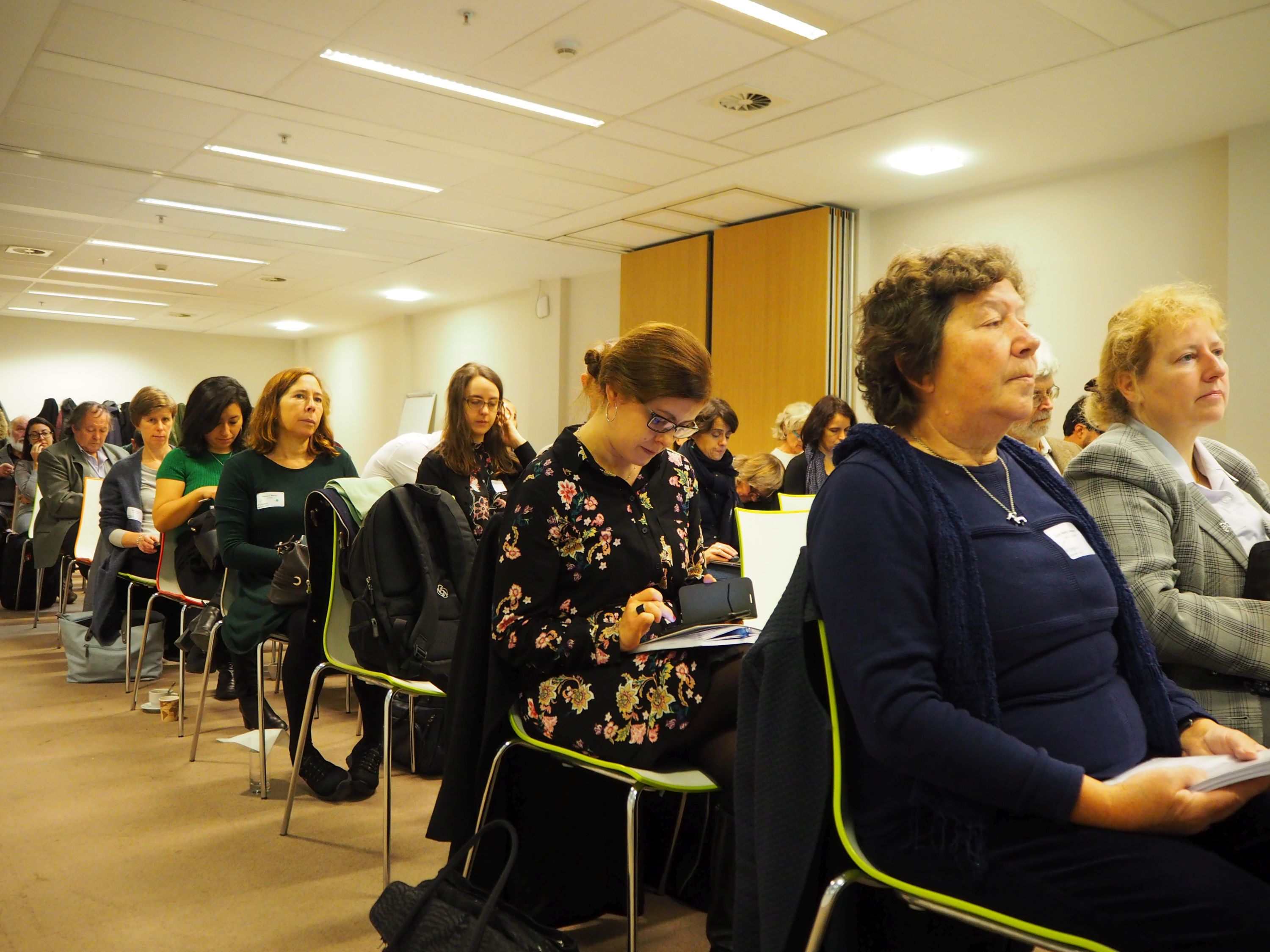
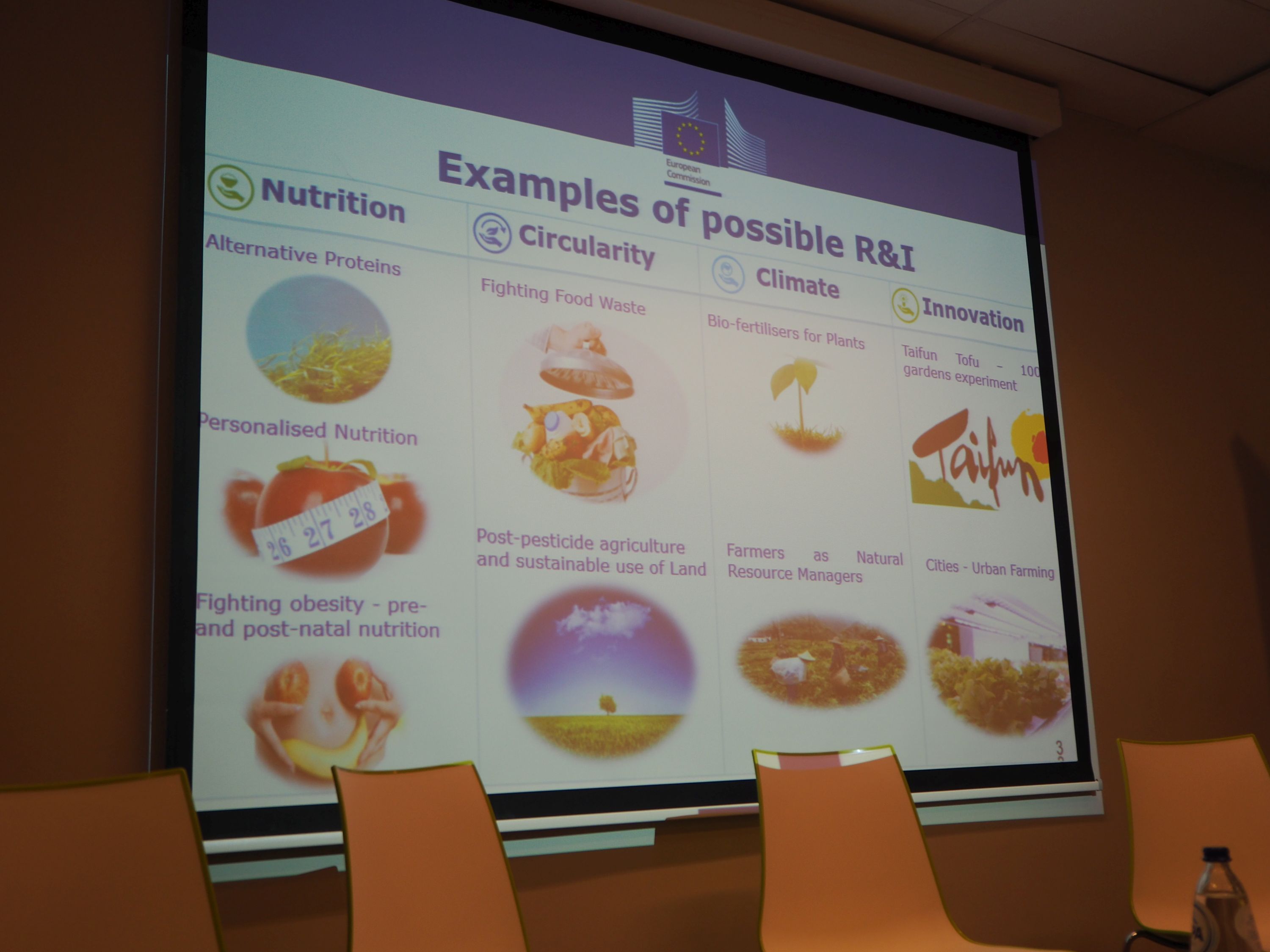
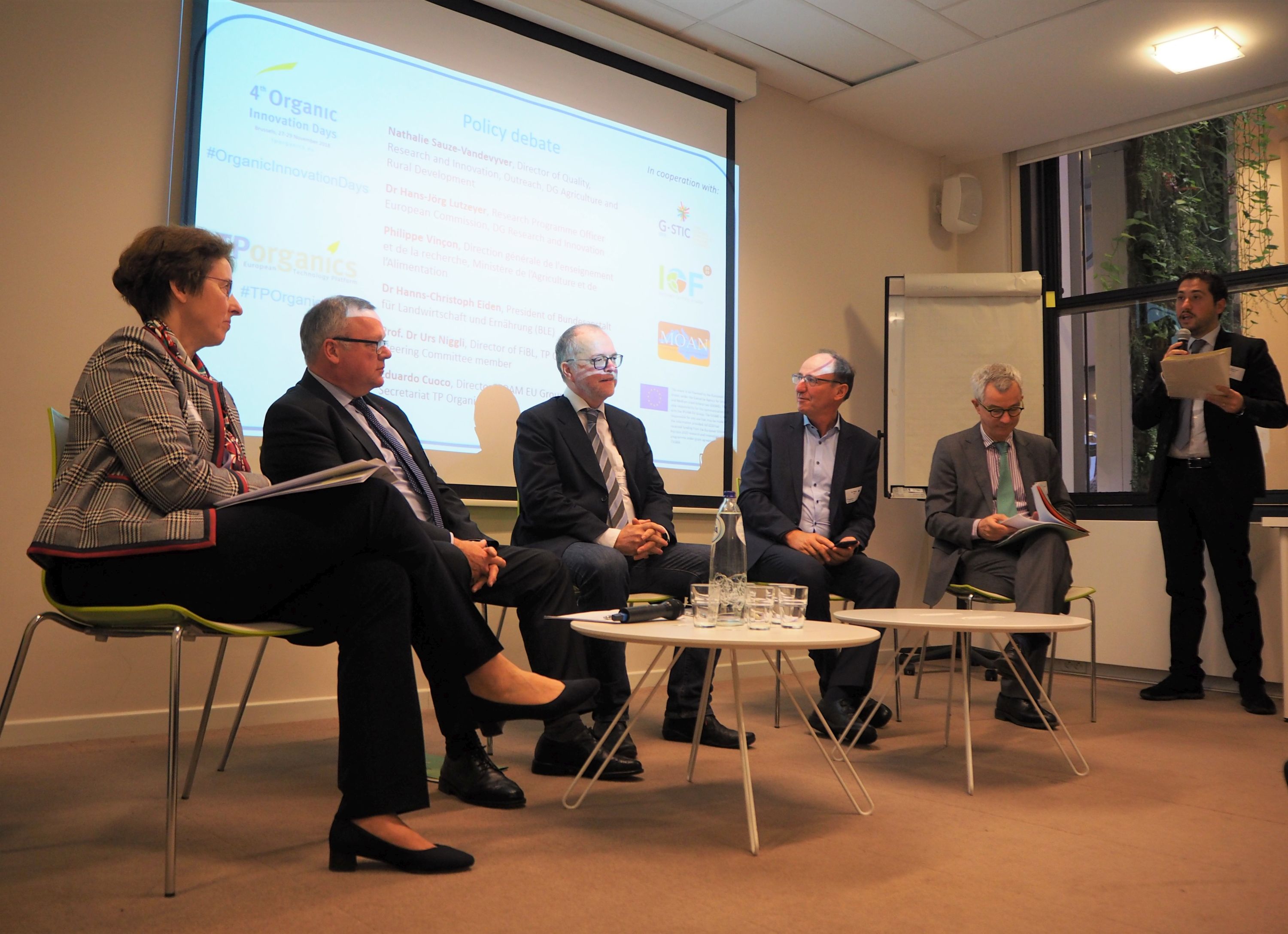
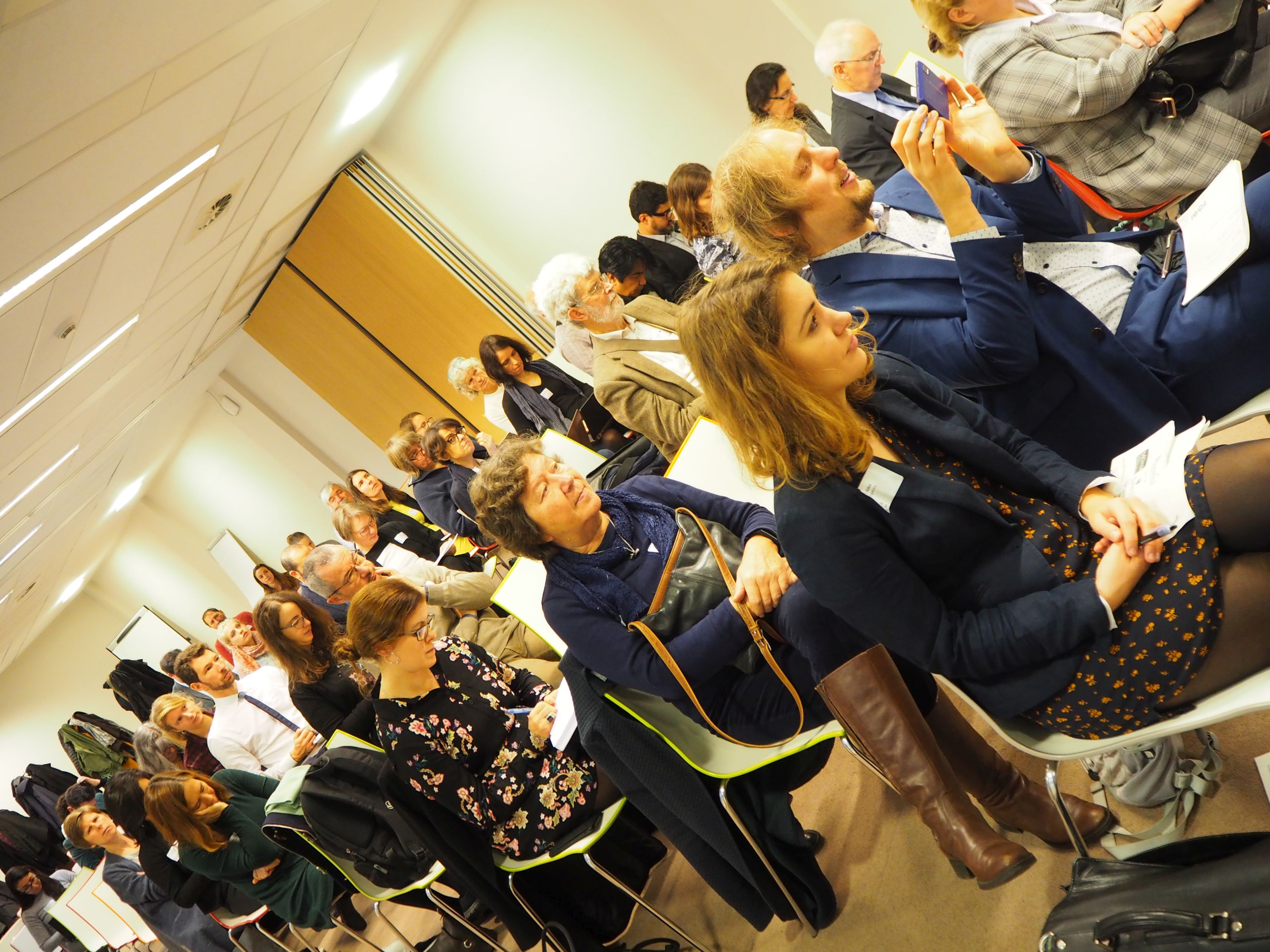
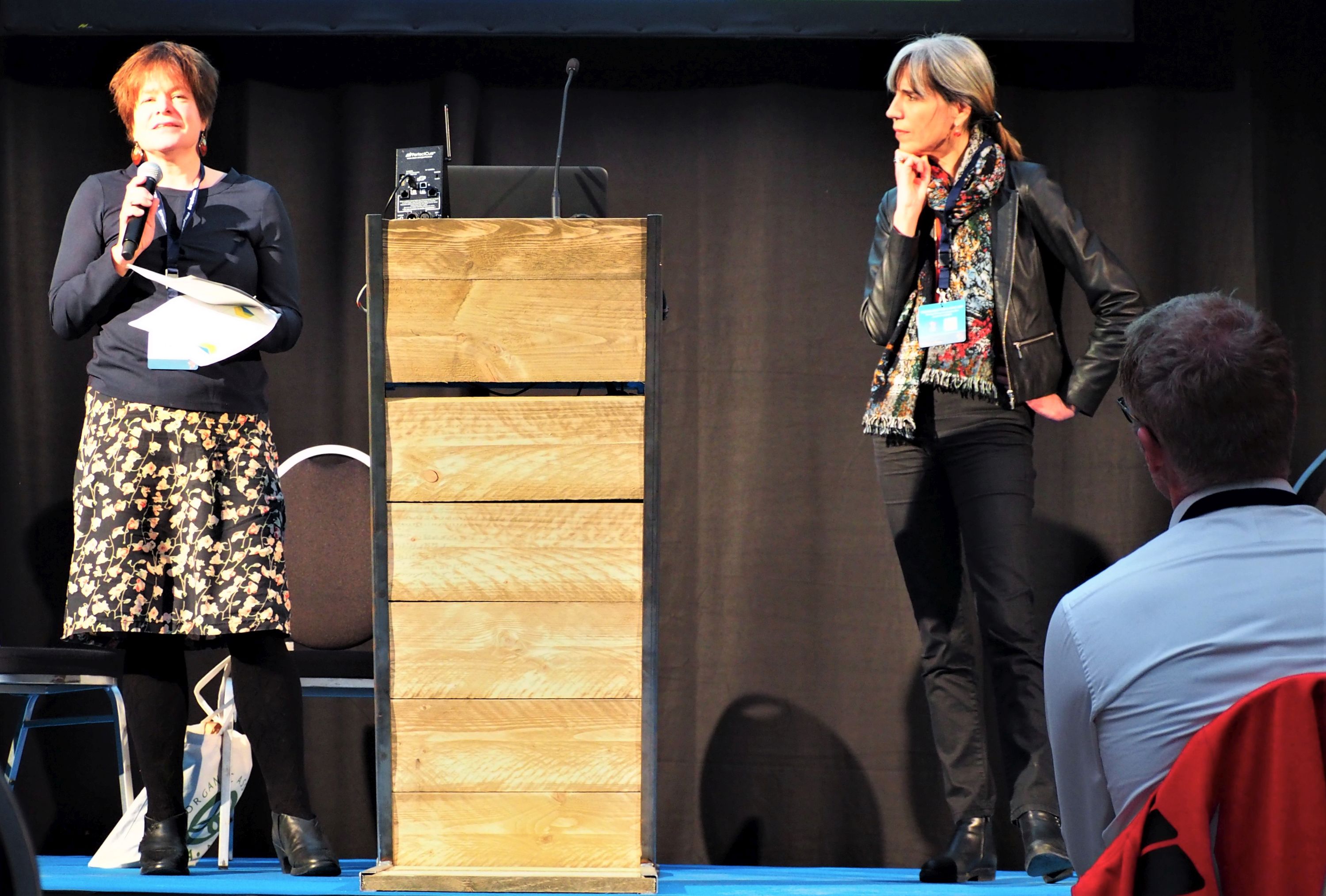
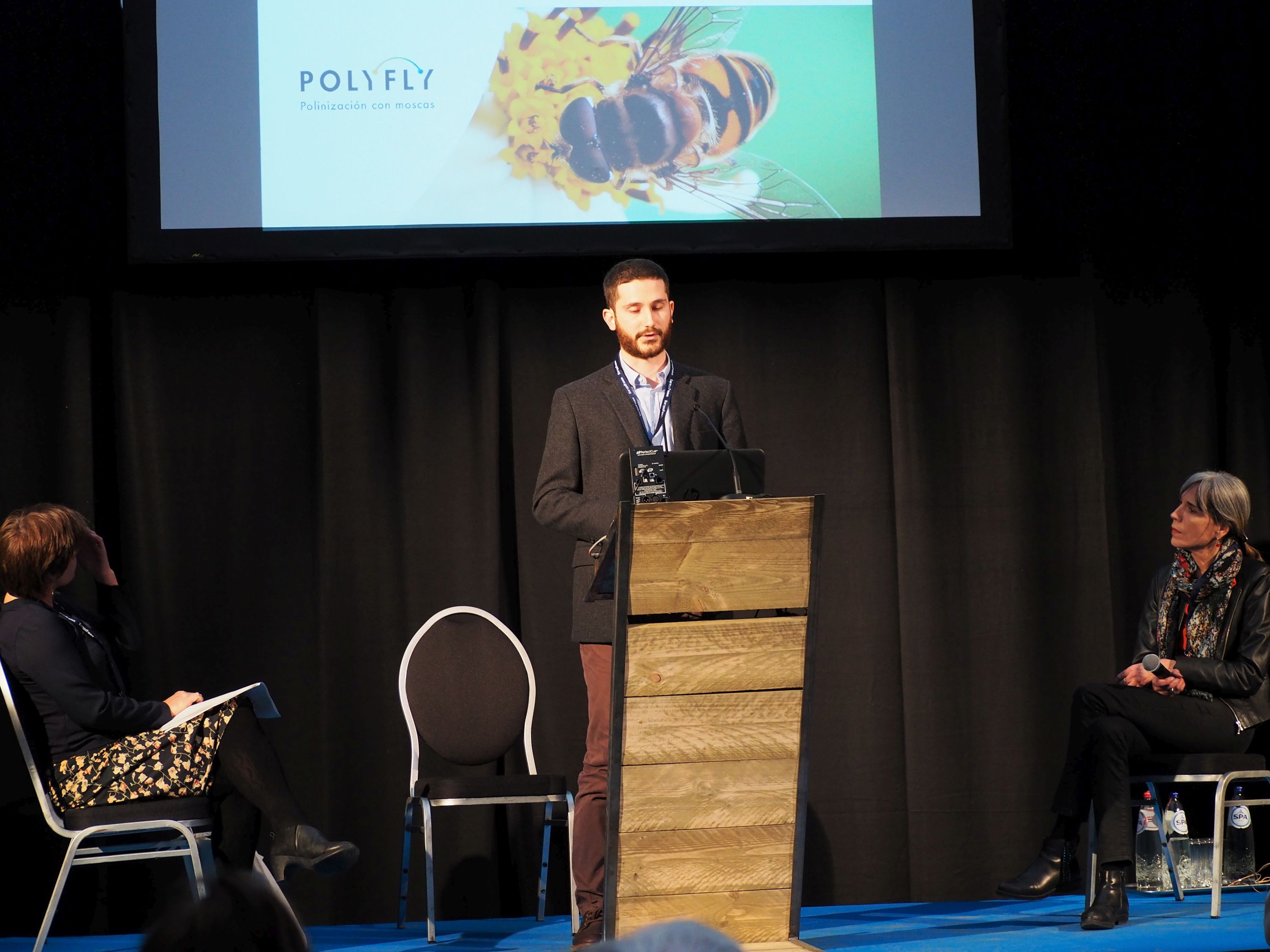
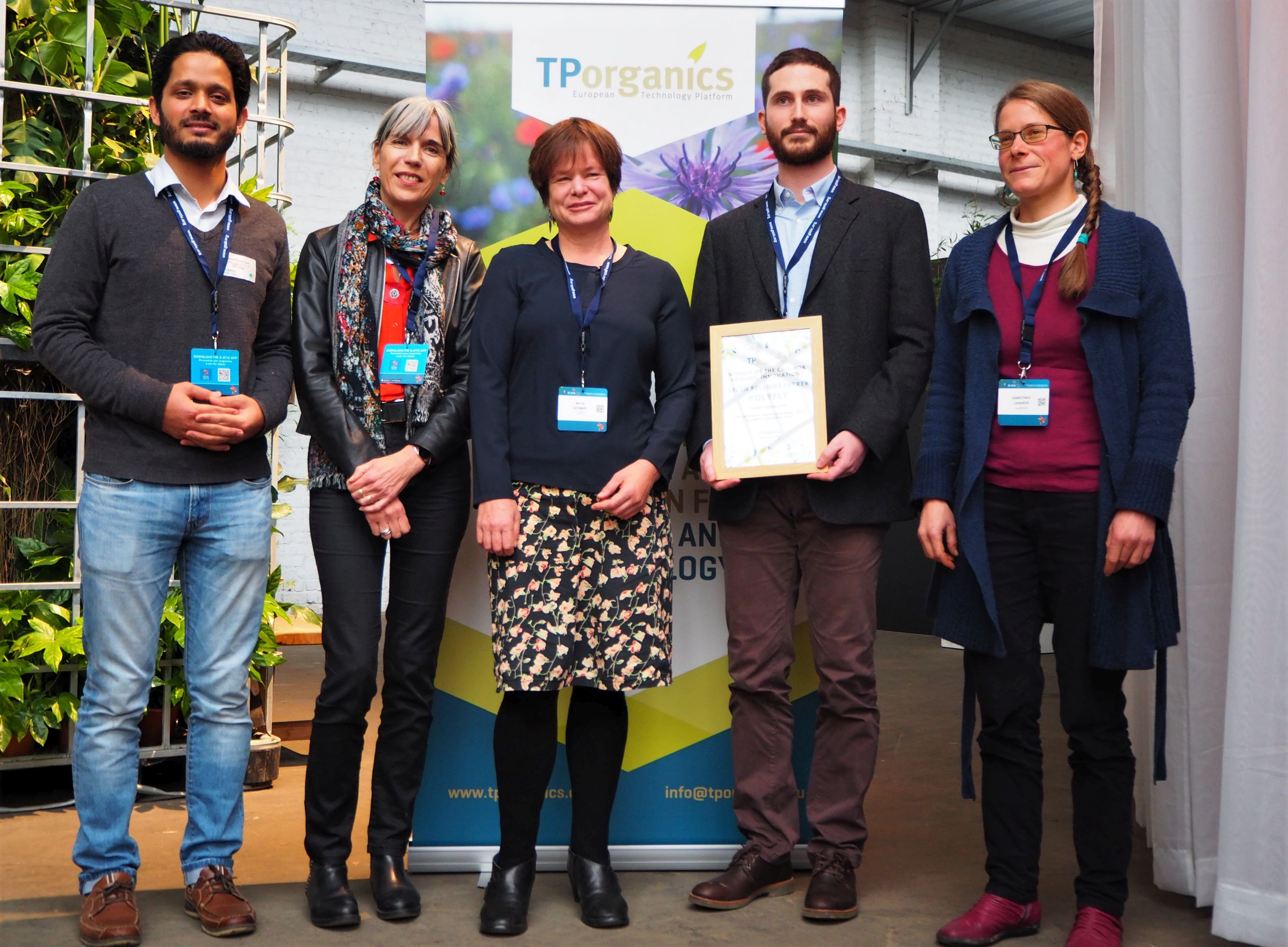
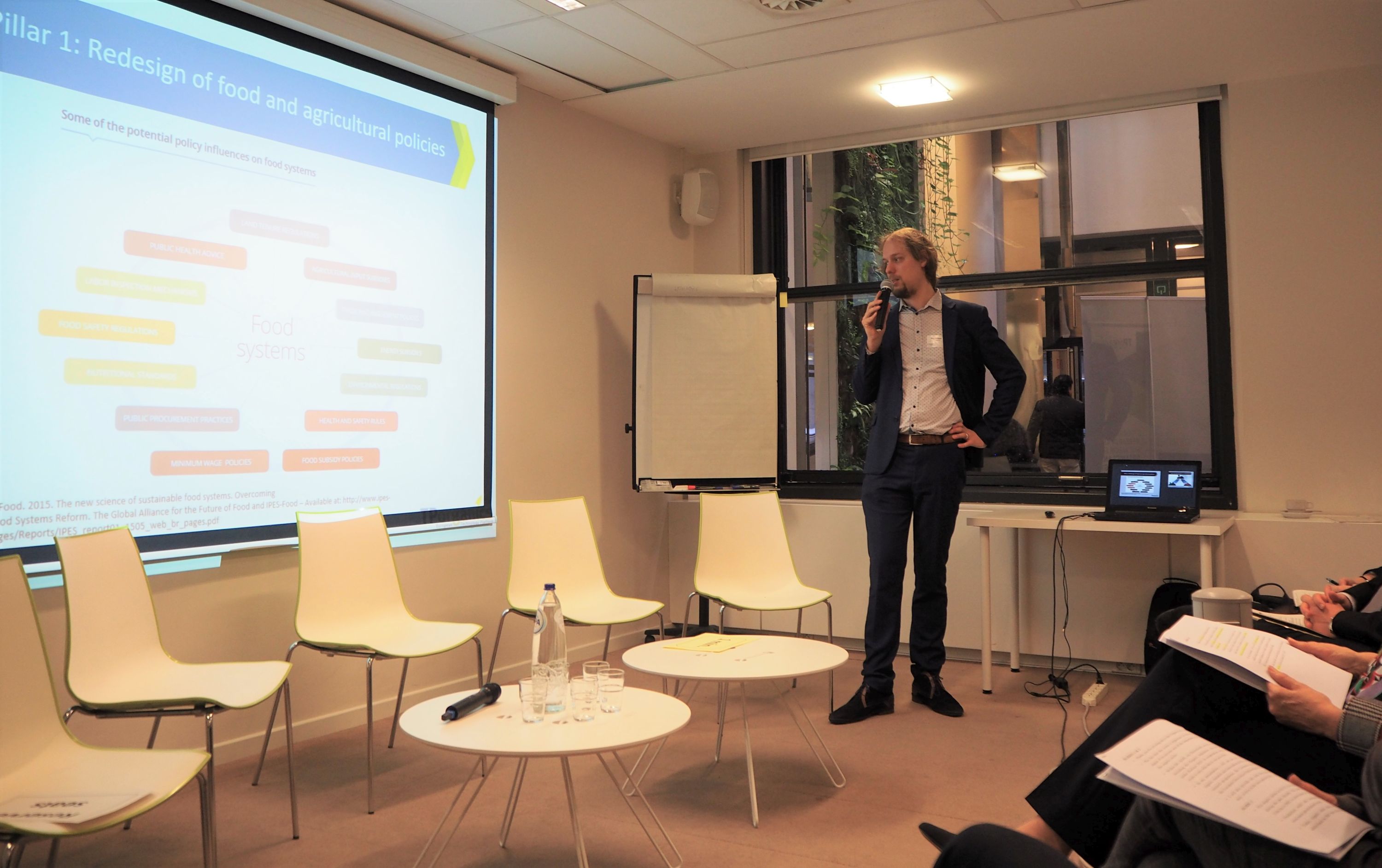
Inspiring through exemplary projects
In 2018 we demonstrated that organic food and farming can provide solutions to the challenges our food system faces. To do this we set-up the Organic Farm Knowledge platform. The platform provides access to a wide range of tools and resources about organic farming that can help improve production. It was originally set up by the OK-Net Arable project. It is now being developed further by OK-Net EcoFeed, a project that aims at helping organic pig and poultry farmers in achieving the goal of 100% use of organic and regional feed. We also took part in the ReMIX project that looks into redesigning European cropping systems based on species mixtures and the Internet of Food and Farm 2020 (IoF2020) project that researches the possibilities of the Internet of Things in European agriculture. In the IoF2020 project we demonstrated the innovative character of organic in the IoF2020 project.
As IFOAM EU we continued to be involved in the NEFERTITI project, which focuses on creating added value from exchanging knowledge to boost the uptake of innovation and improve peer-to-peer learning. Furthermore, we gave young professionals from all over Europe the opportunity to learn about the organic movement within IFOAM EU. Volunteers work with us for one year within the framework of the European Voluntary Service and increased their knowledge about the benefits of organic agriculture.
Of course, we continued collecting initiatives that are improving the organic food and farming sector in Europe. Get acquainted with them on euorganic2030.bio (#EUOrganic2030, #ImproveInspireDeliver).
Inspiring legislation
Through our advocacy work on key issues at the intersection of environmental and agricultural policies we show policy-makers that organic drives transformation. To make sure that organic has the means to stay innovative, it needs more funding for research.
Our advocacy efforts focused on the new EU Organic Regulation, climate change, GMOs, seeds, inputs and biodiversity. These topics are crucial to safeguard a Europe in which the environment and the people and animals in it thrive. For our work about the organic regulation we advocated during the development of delegated and implementing acts through direct meetings with the European Commission and regular communication towards the Member States. In order to prepare the political and technical input to this process, a specific IFOAM EU Task Force on the implementation of the new regulation was established. We did this in constant collaboration with our members and informed them about the development of the legislative process of the new Organic Regulation. We presented our work and the possible impacts of the new organic regulation at many occasions via presentations, newsletters, briefings, webinars and a dedicated session during the 12th European Organic Congress in Vienna, BIOFACH 2018 and the 5th Organic Processing Conference in Zwolle. Moreover, we also monitored the process around the Product Environmental Footprint (PEF) to ensure that this legislation does not undermine organic.
